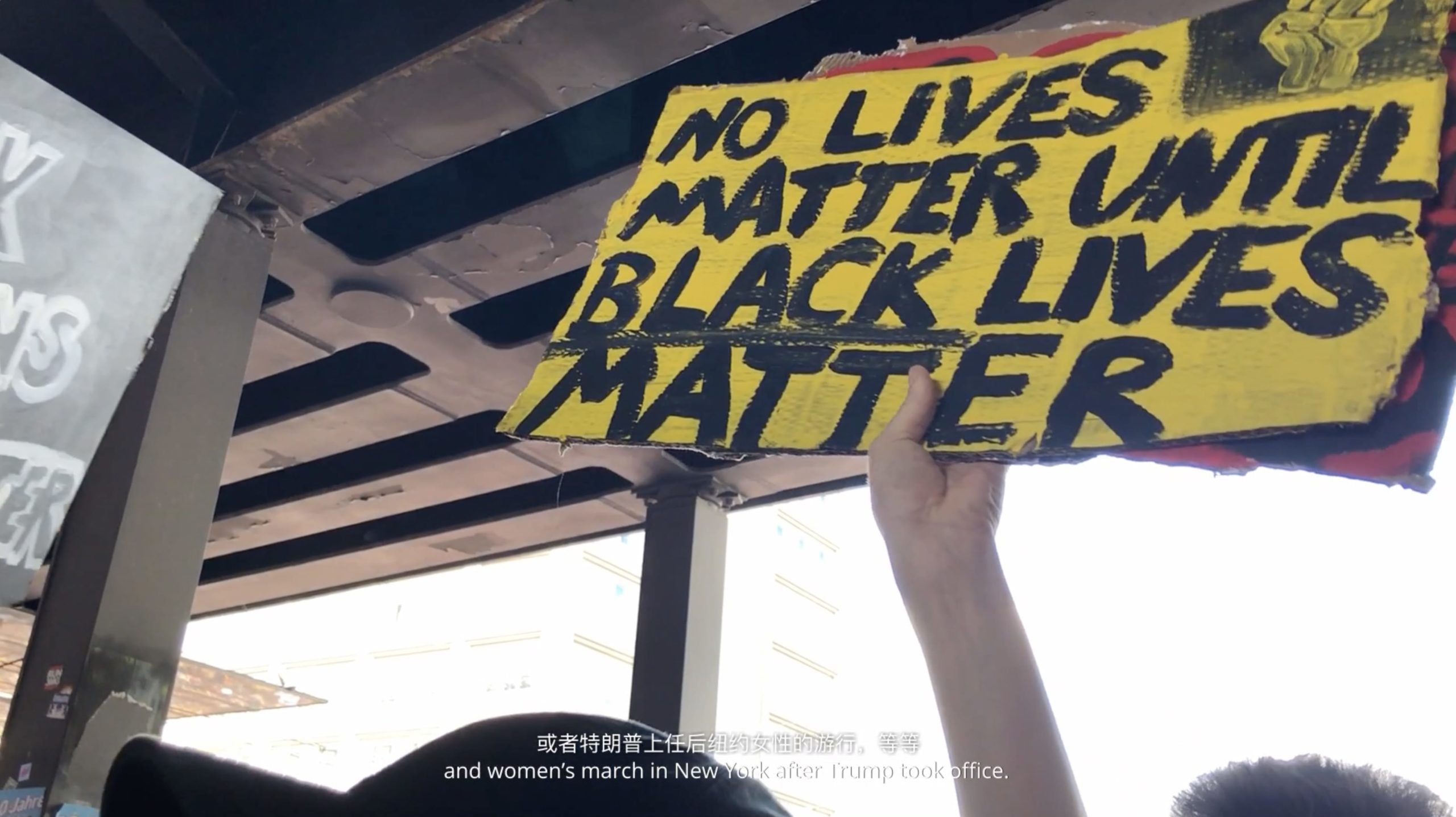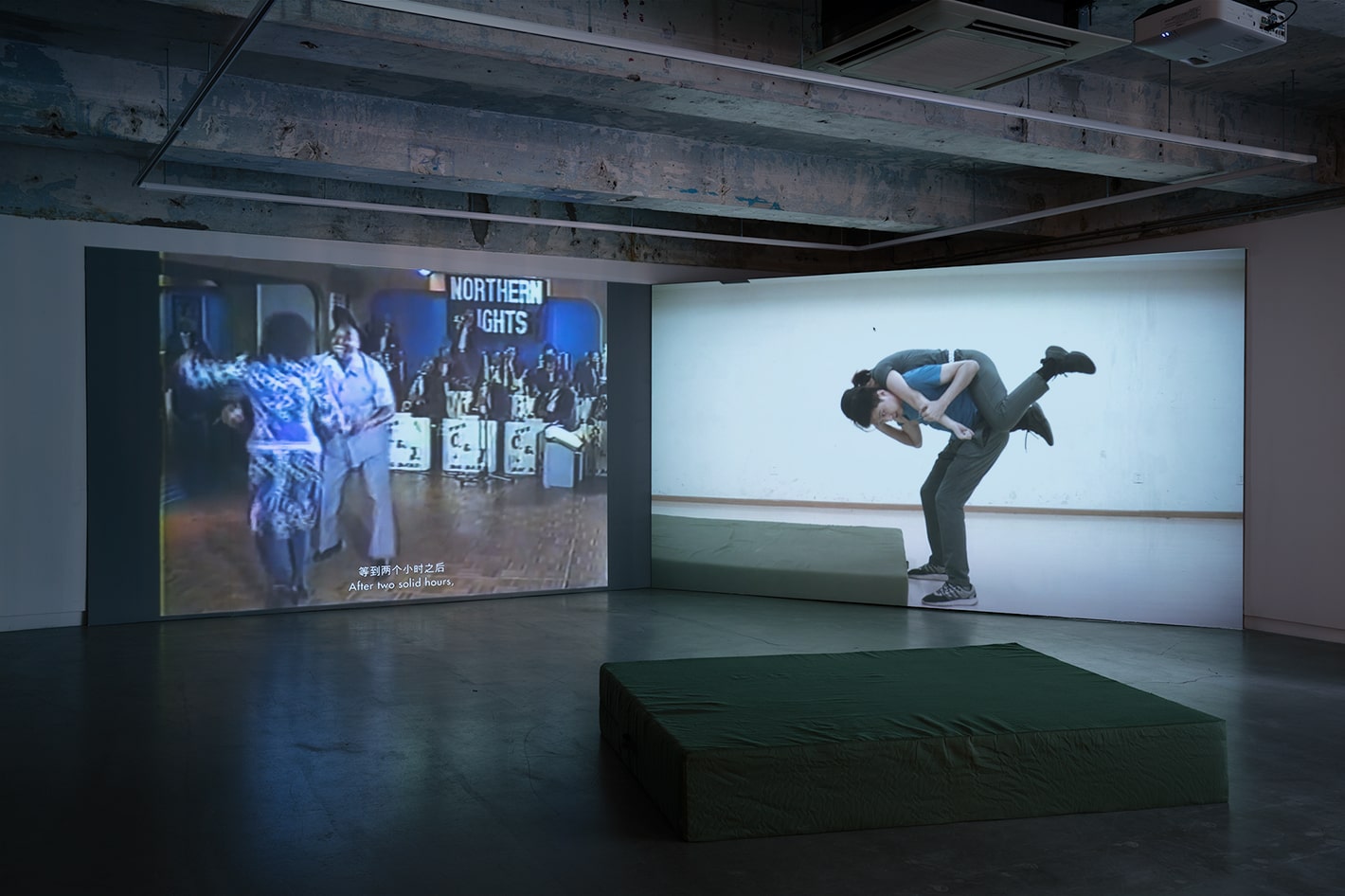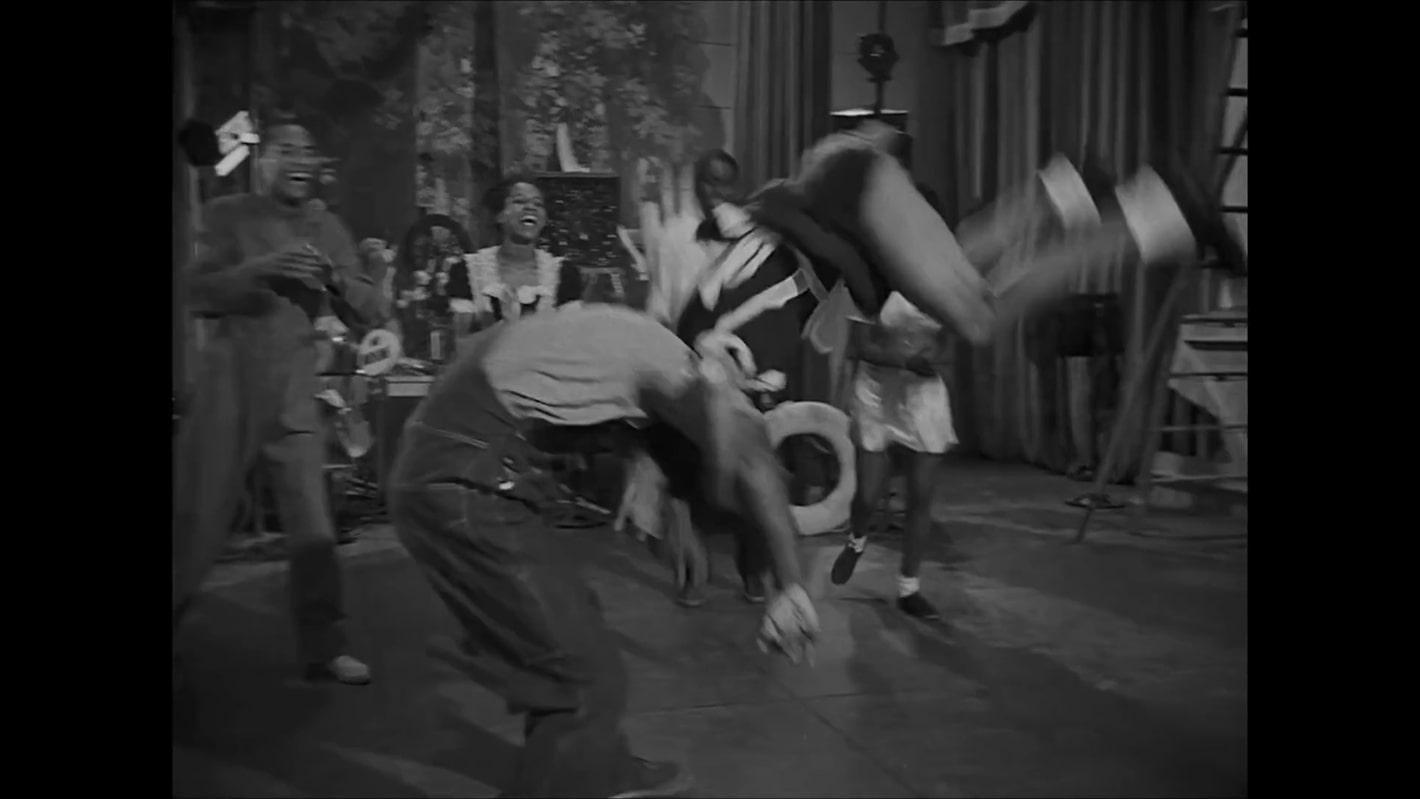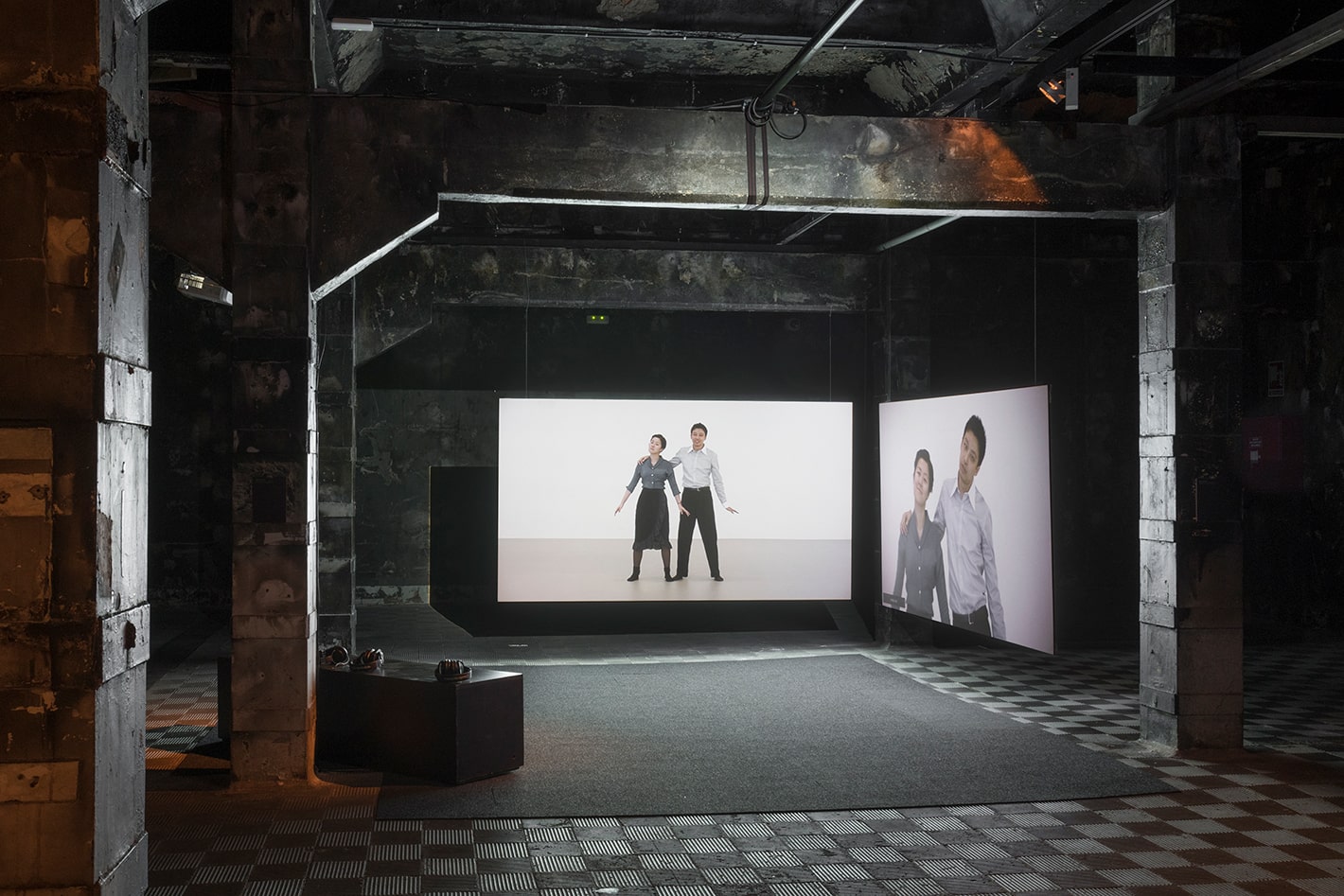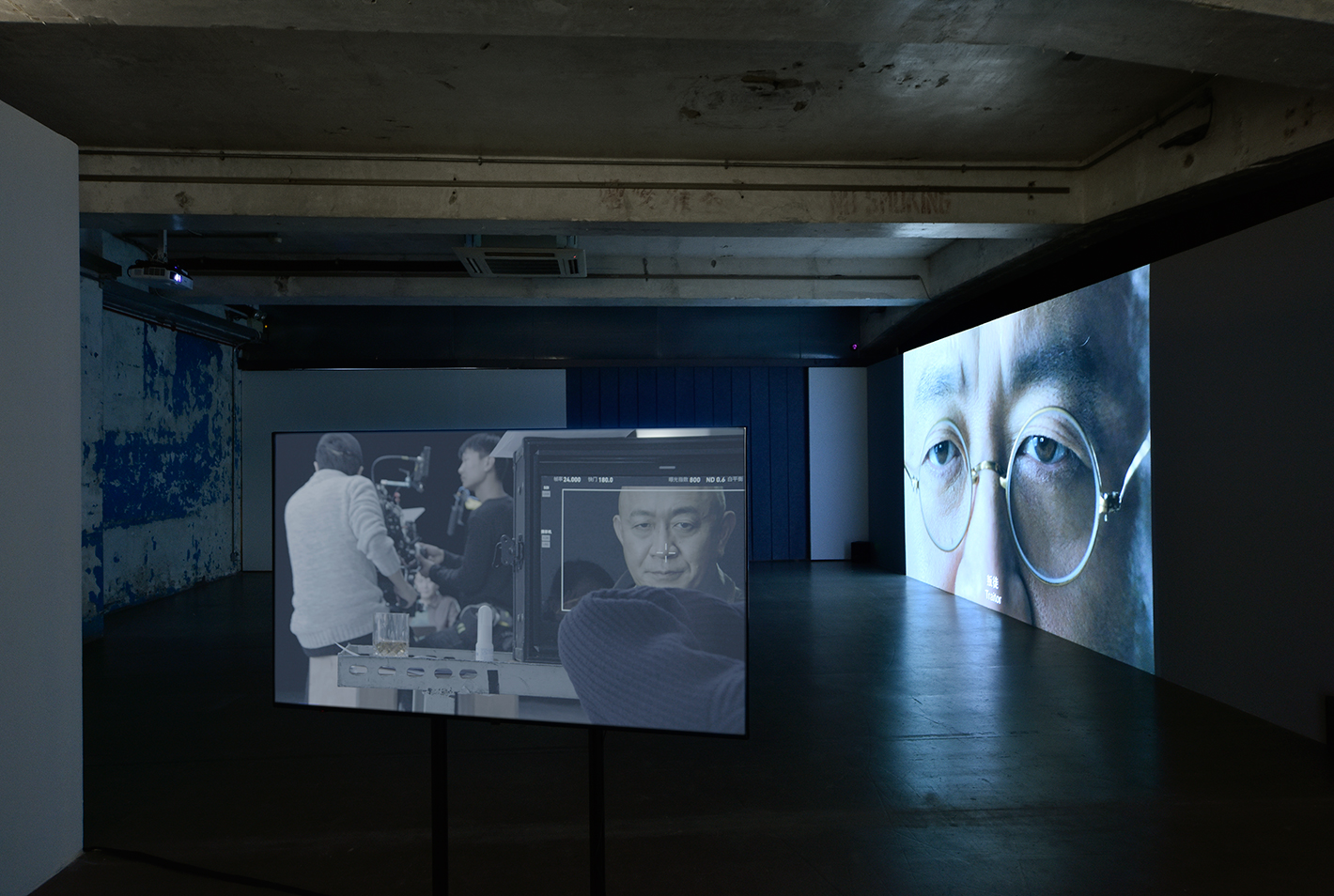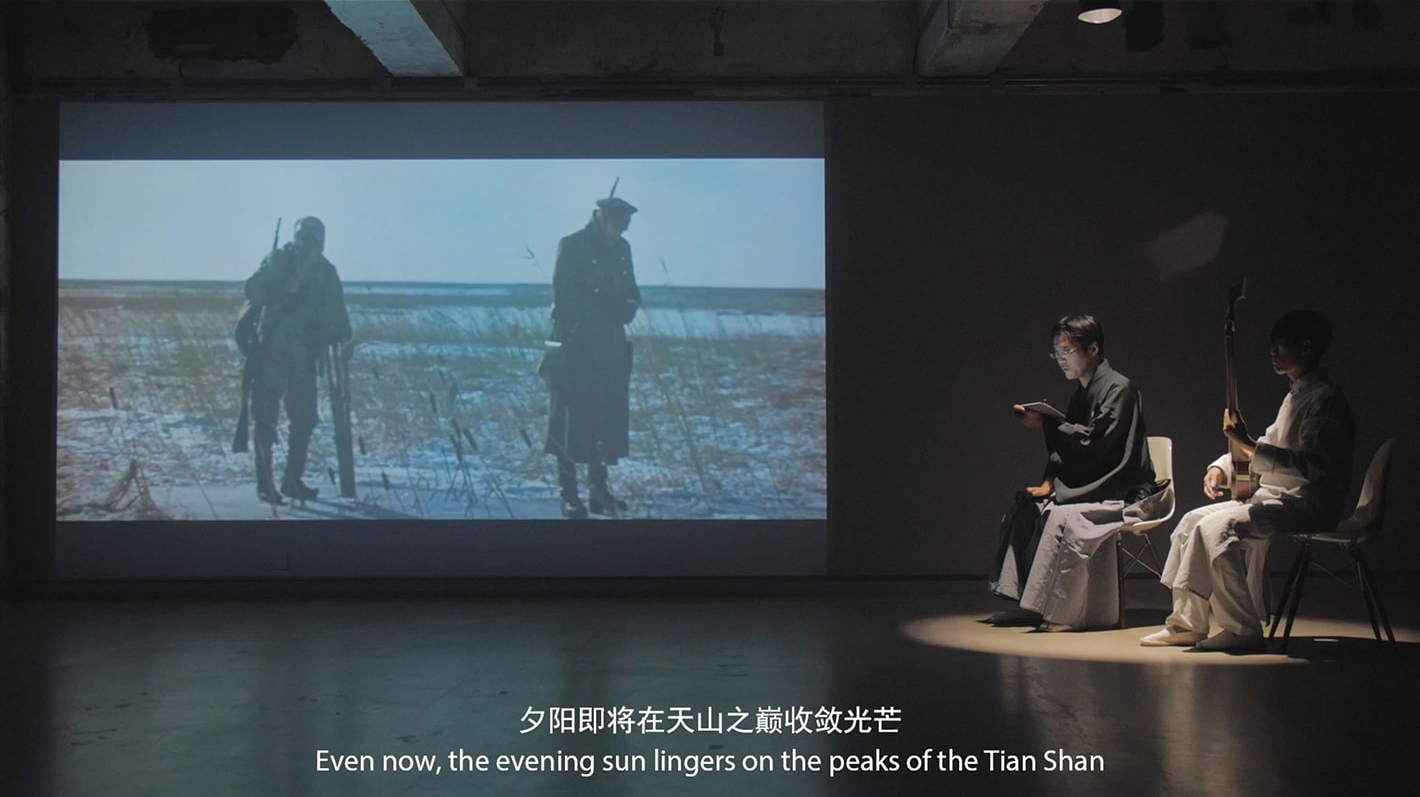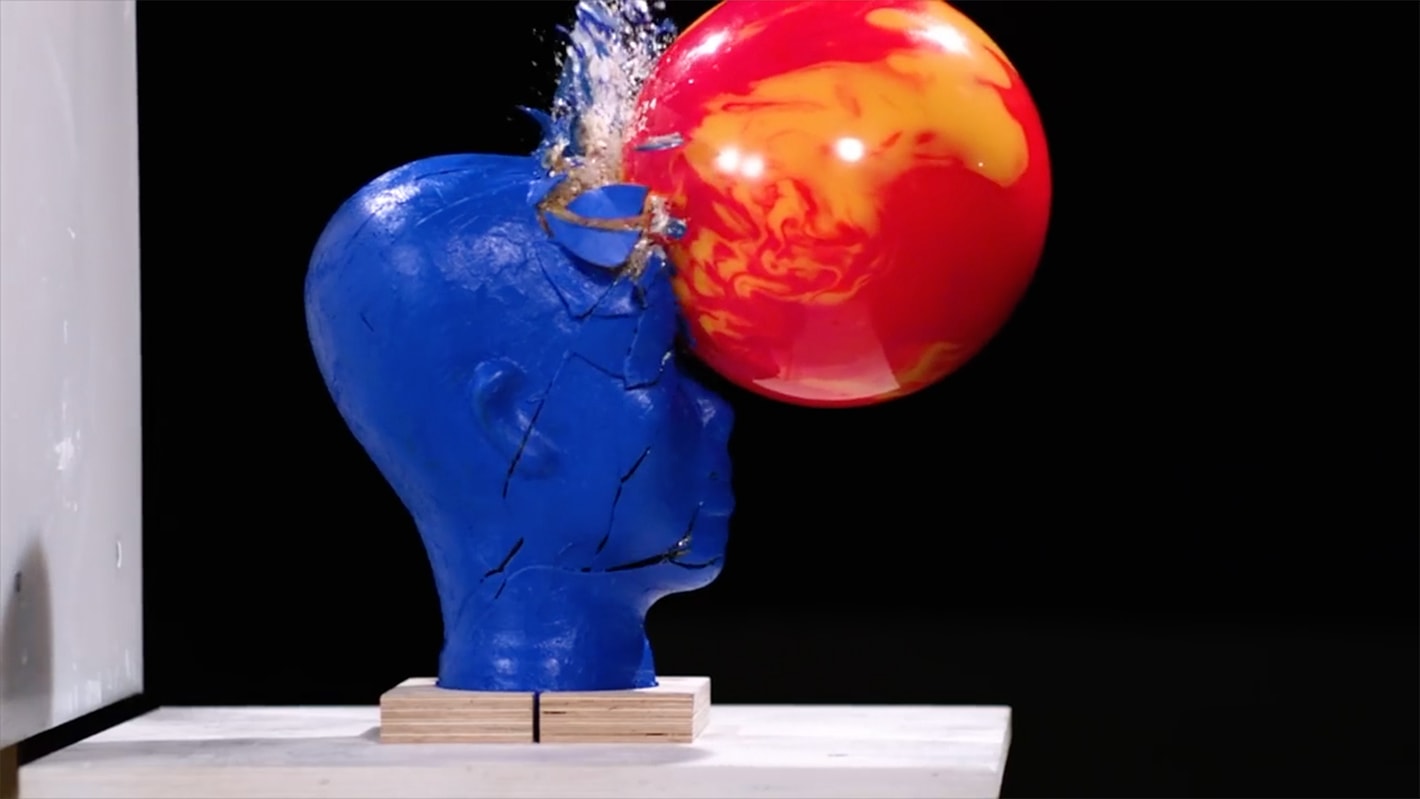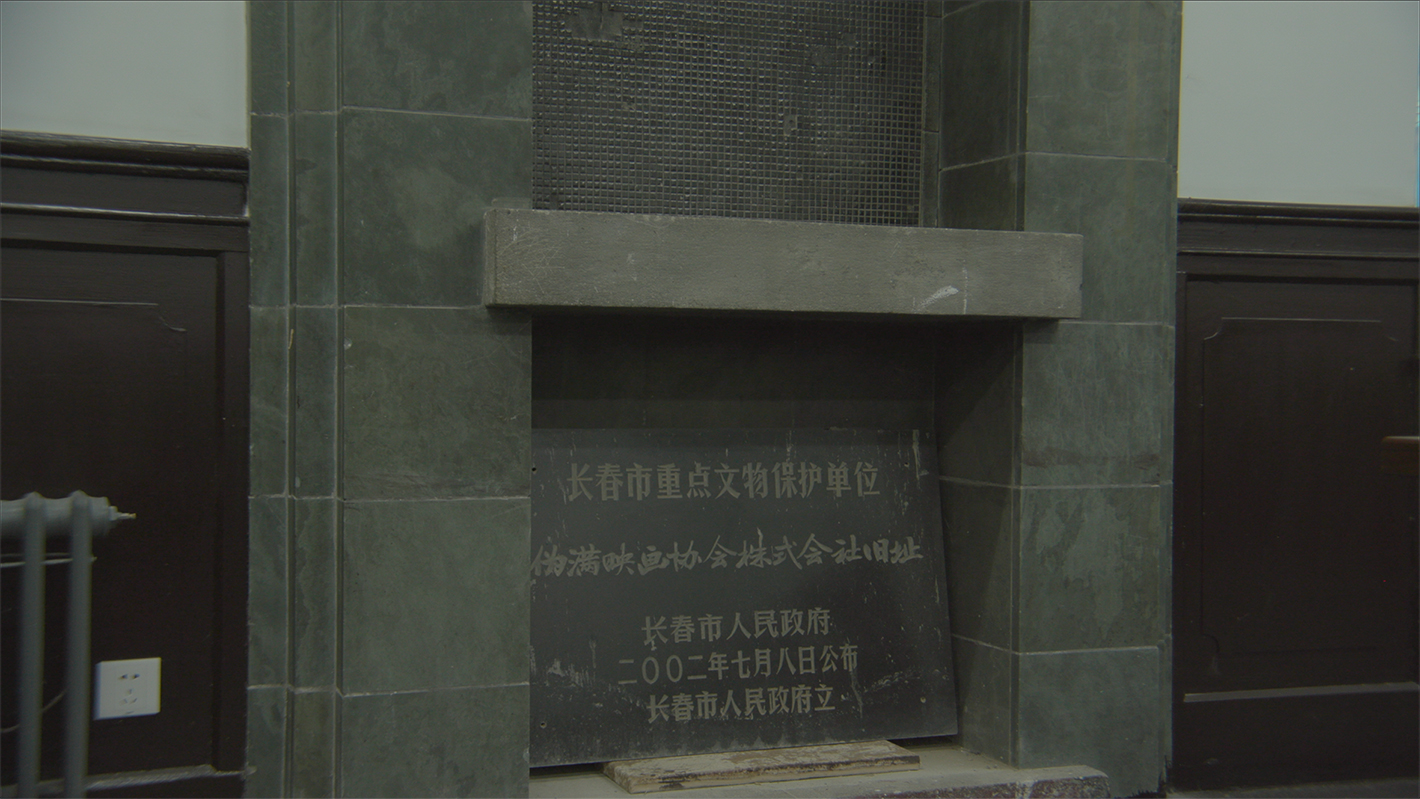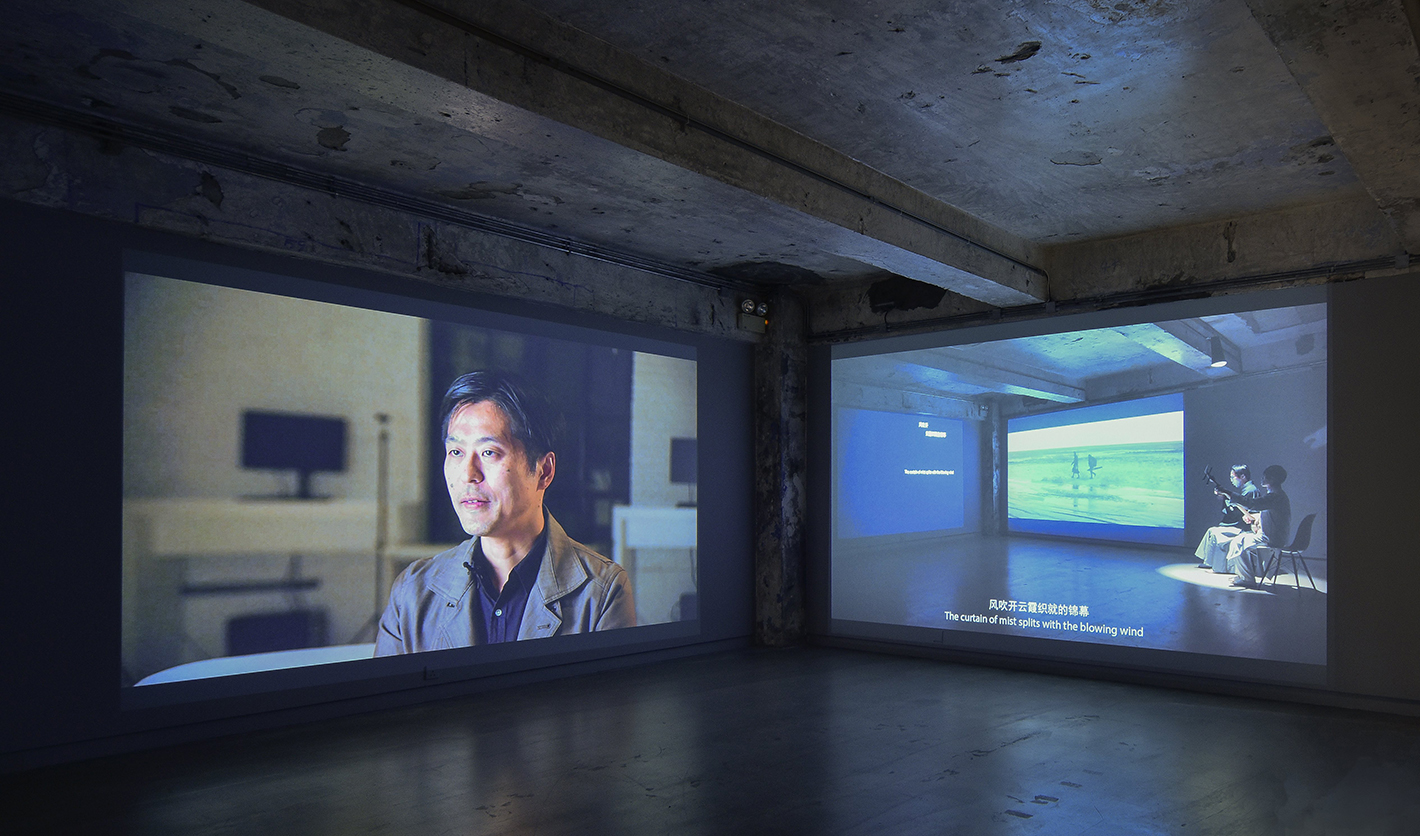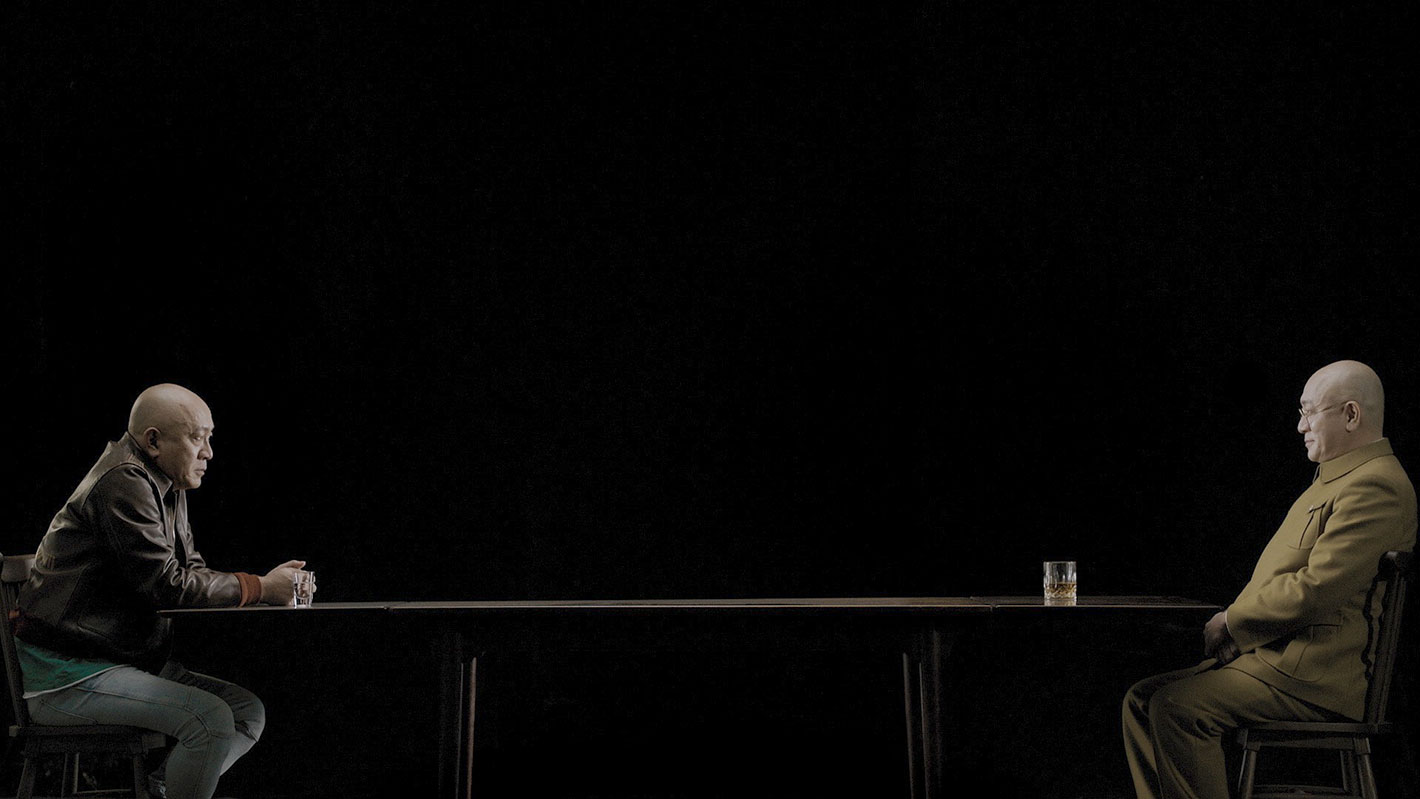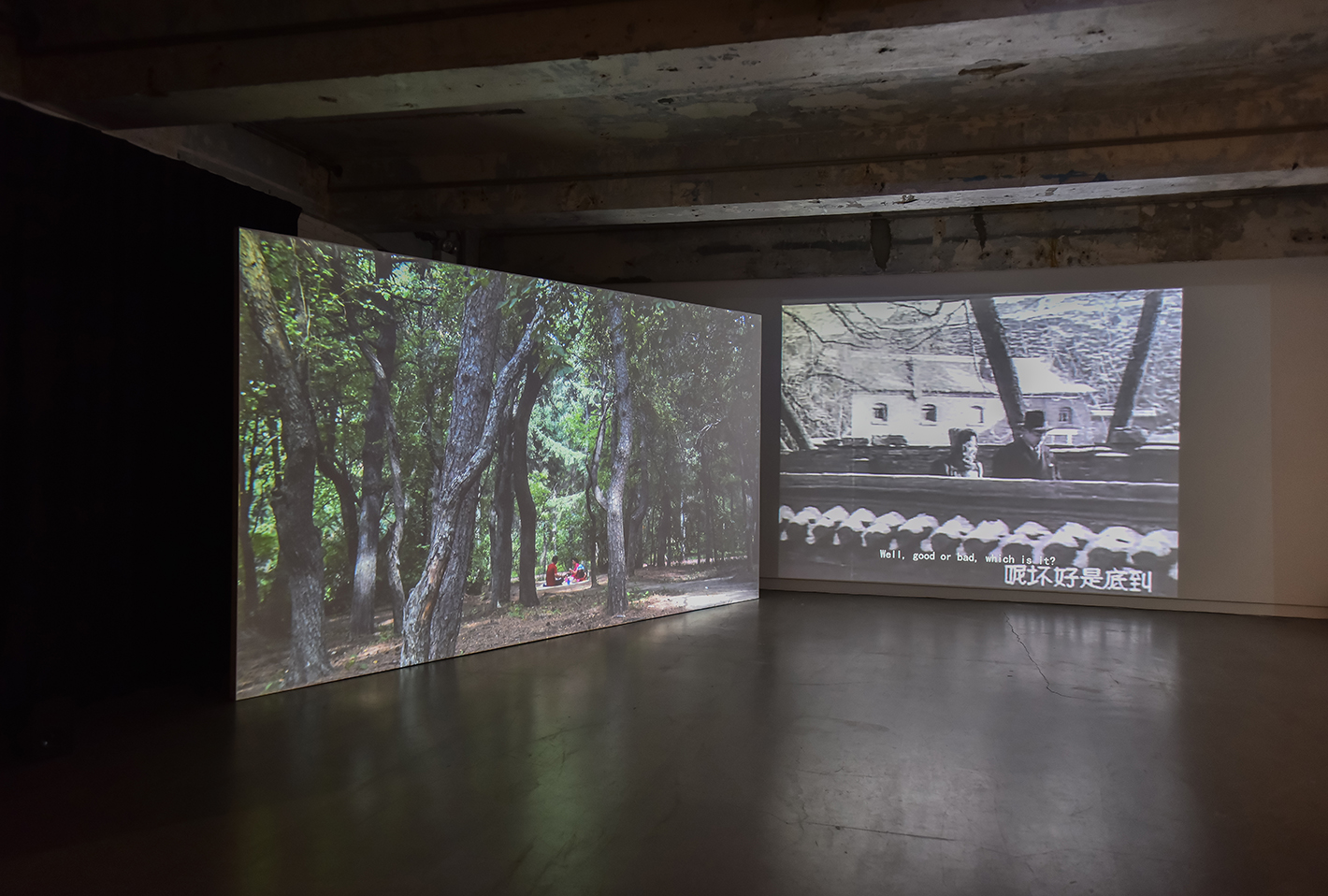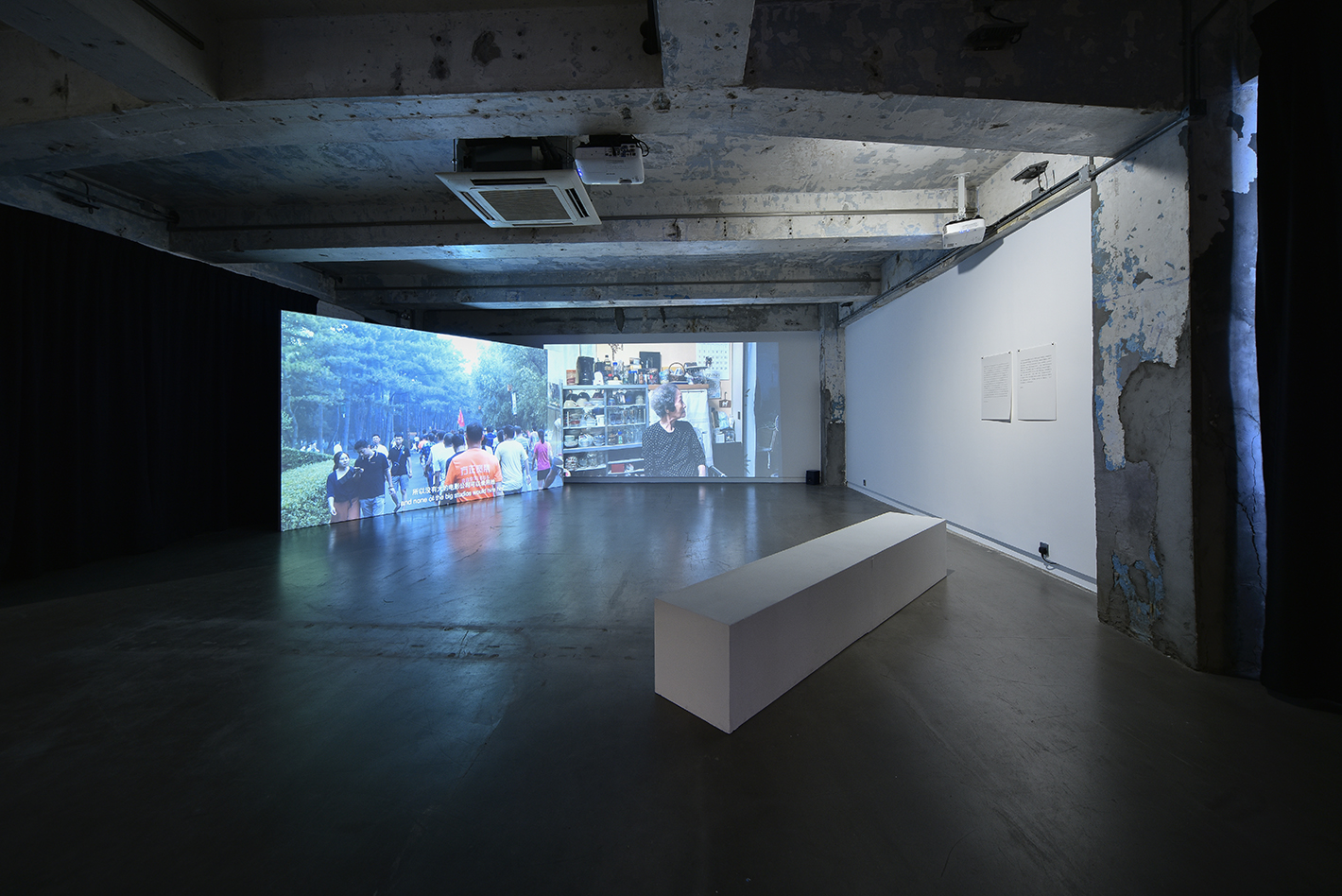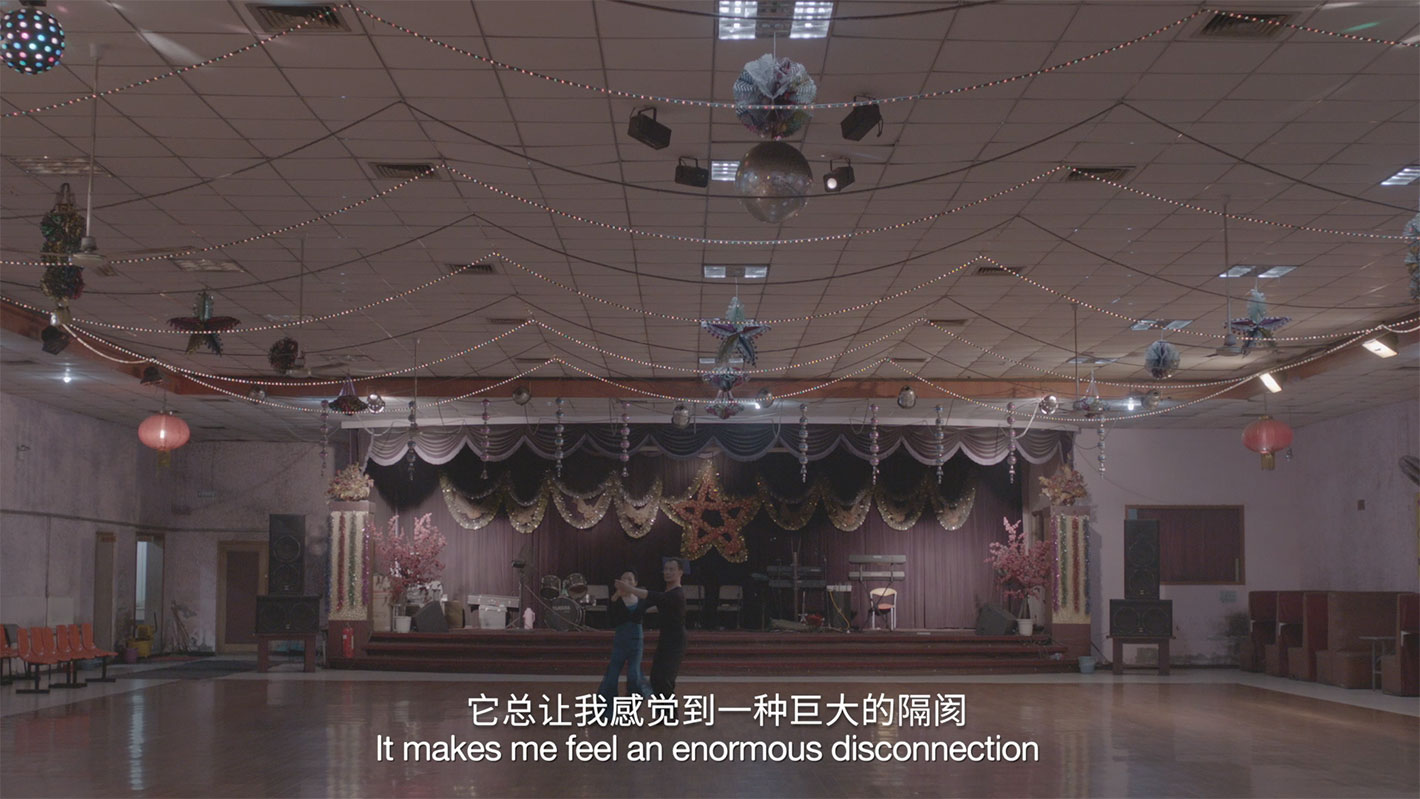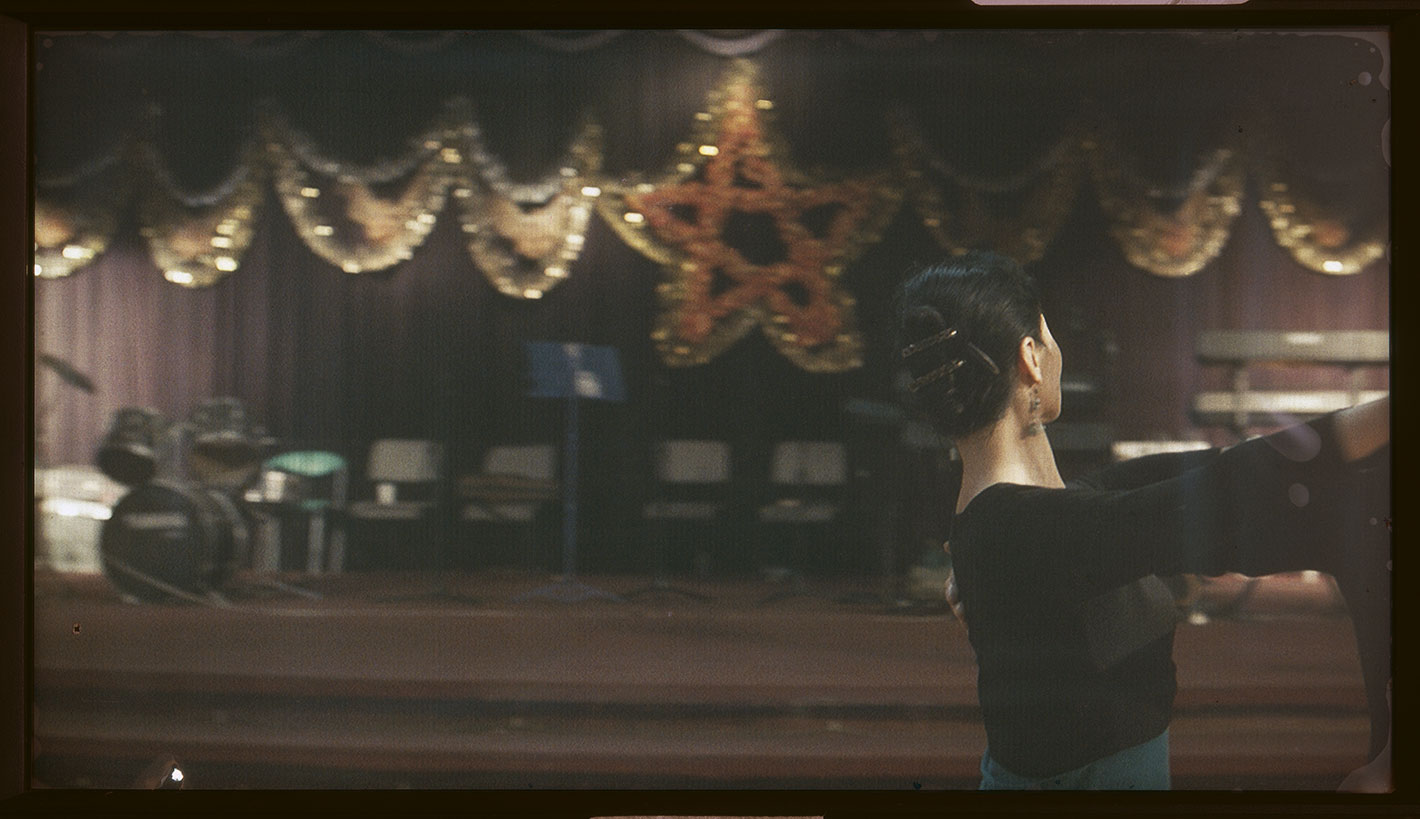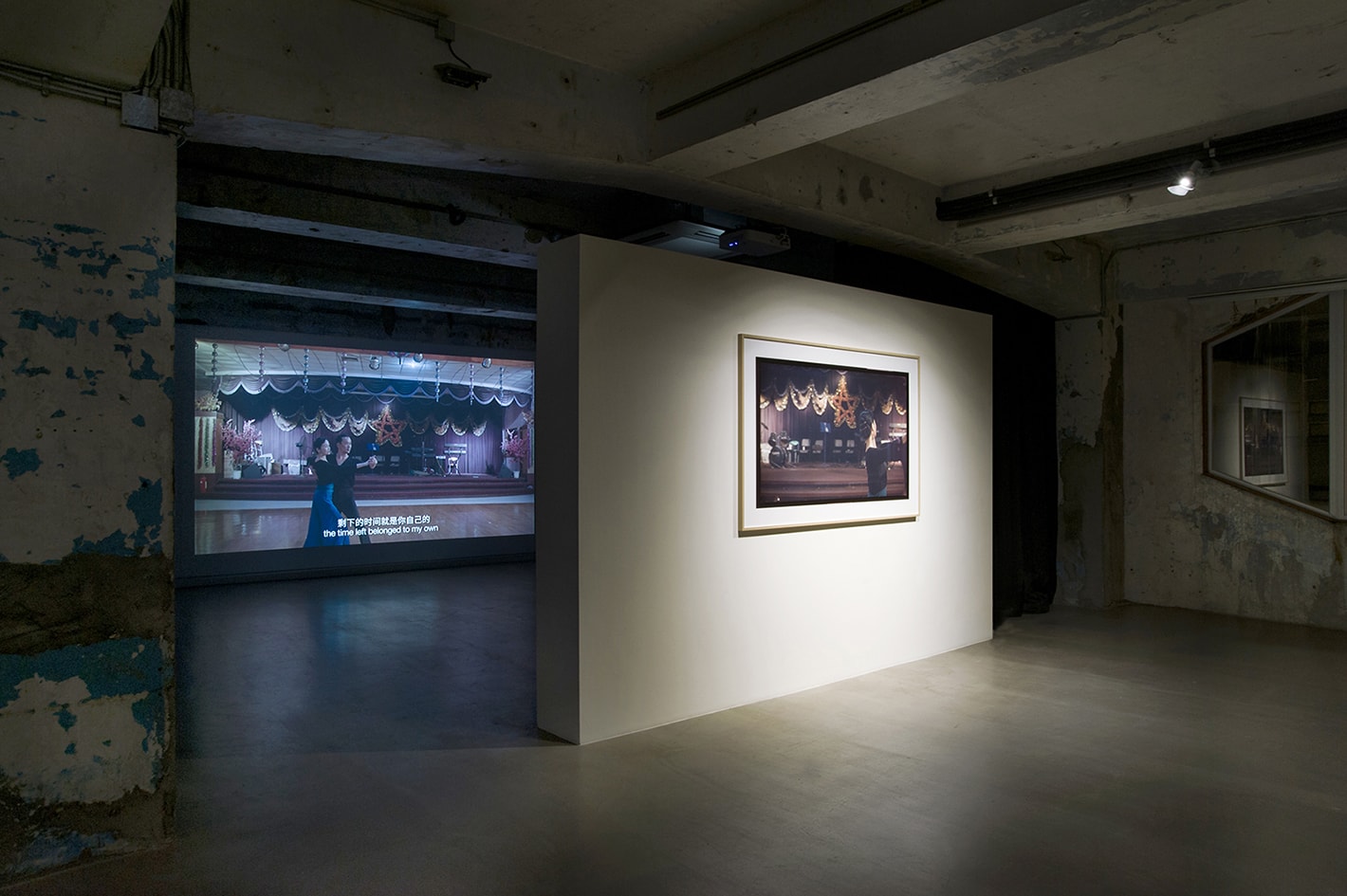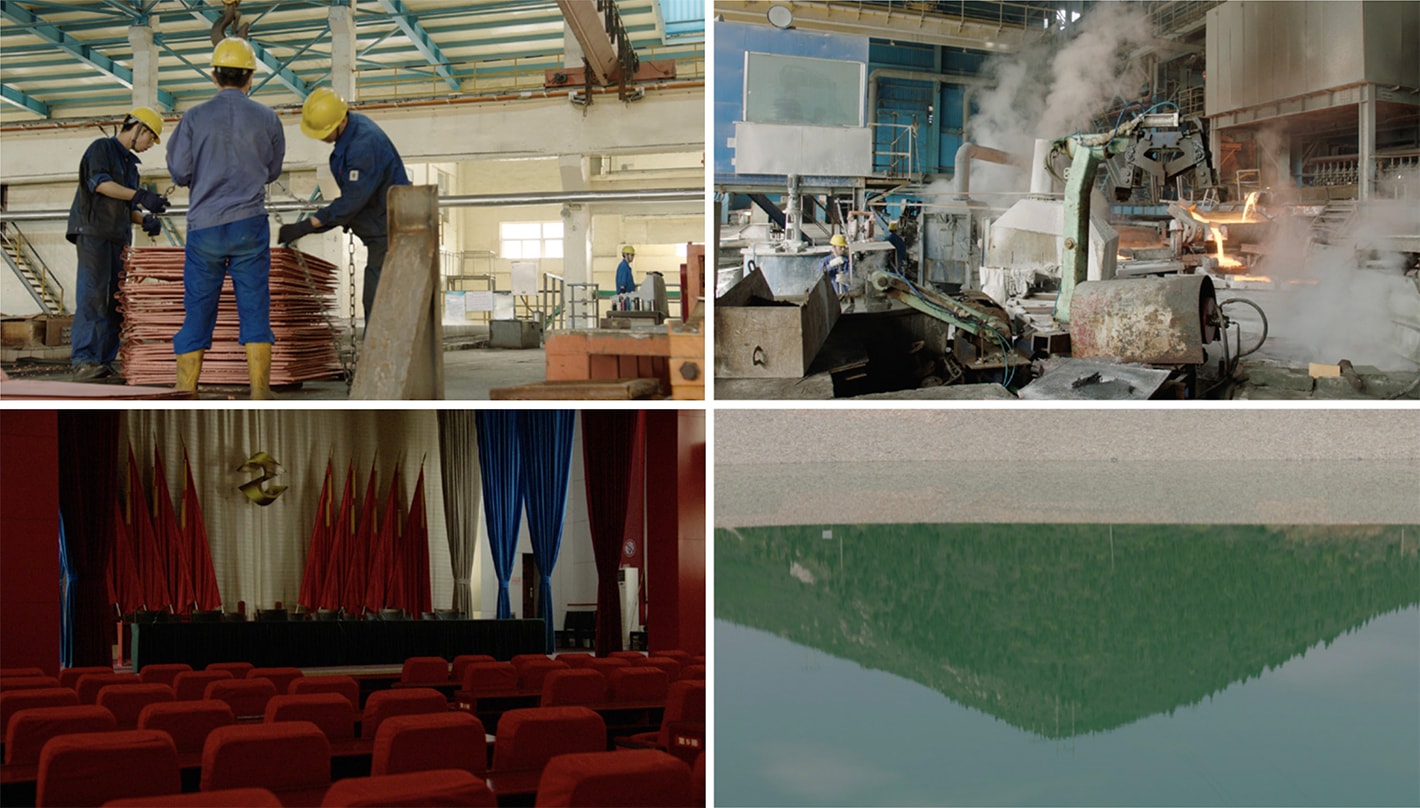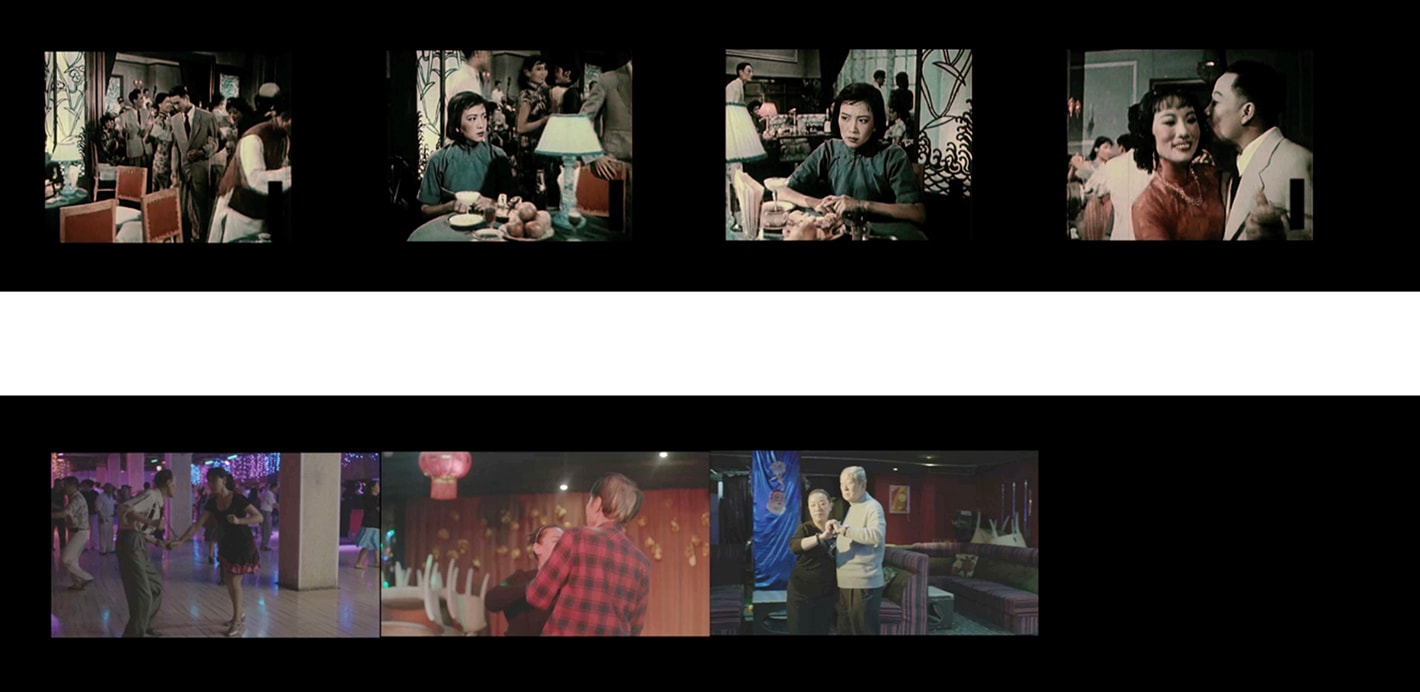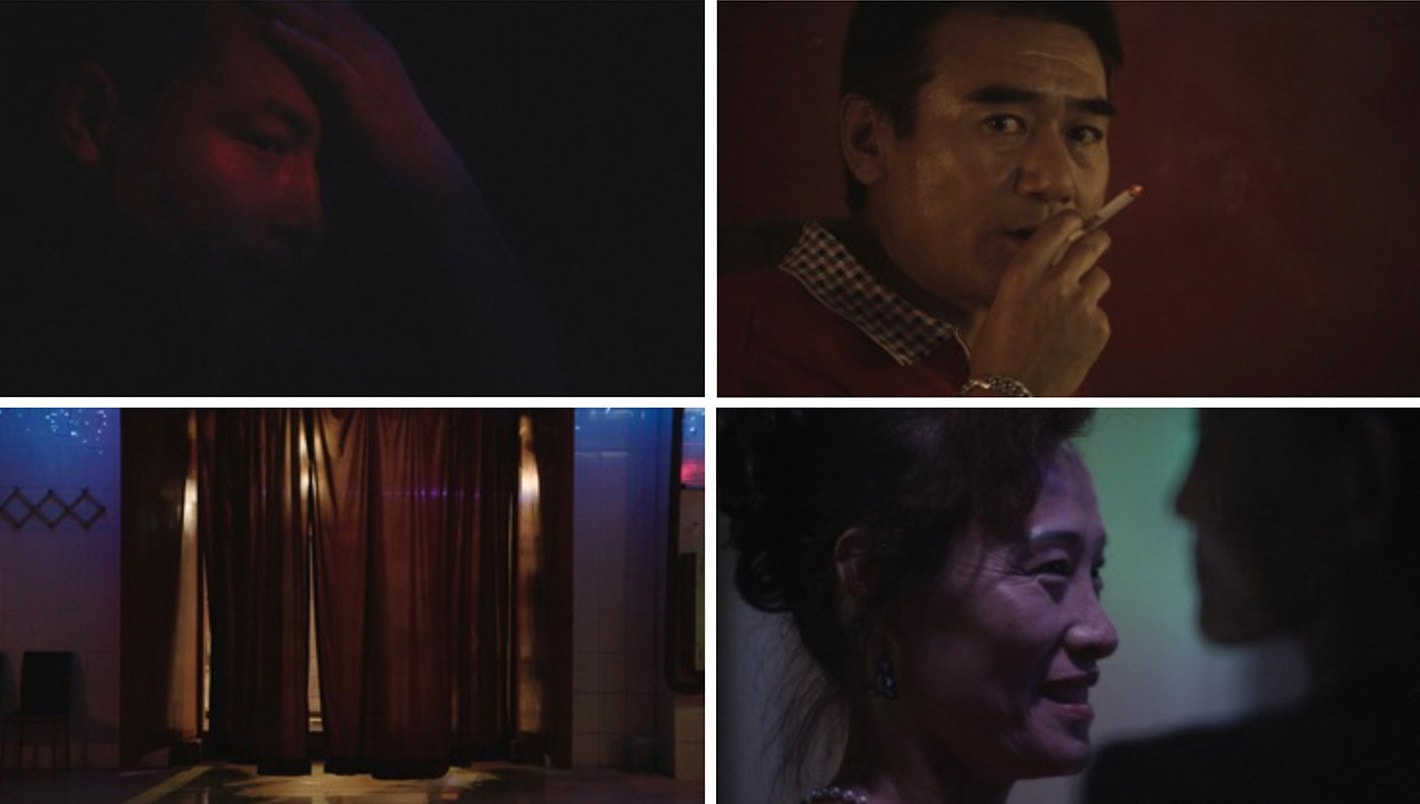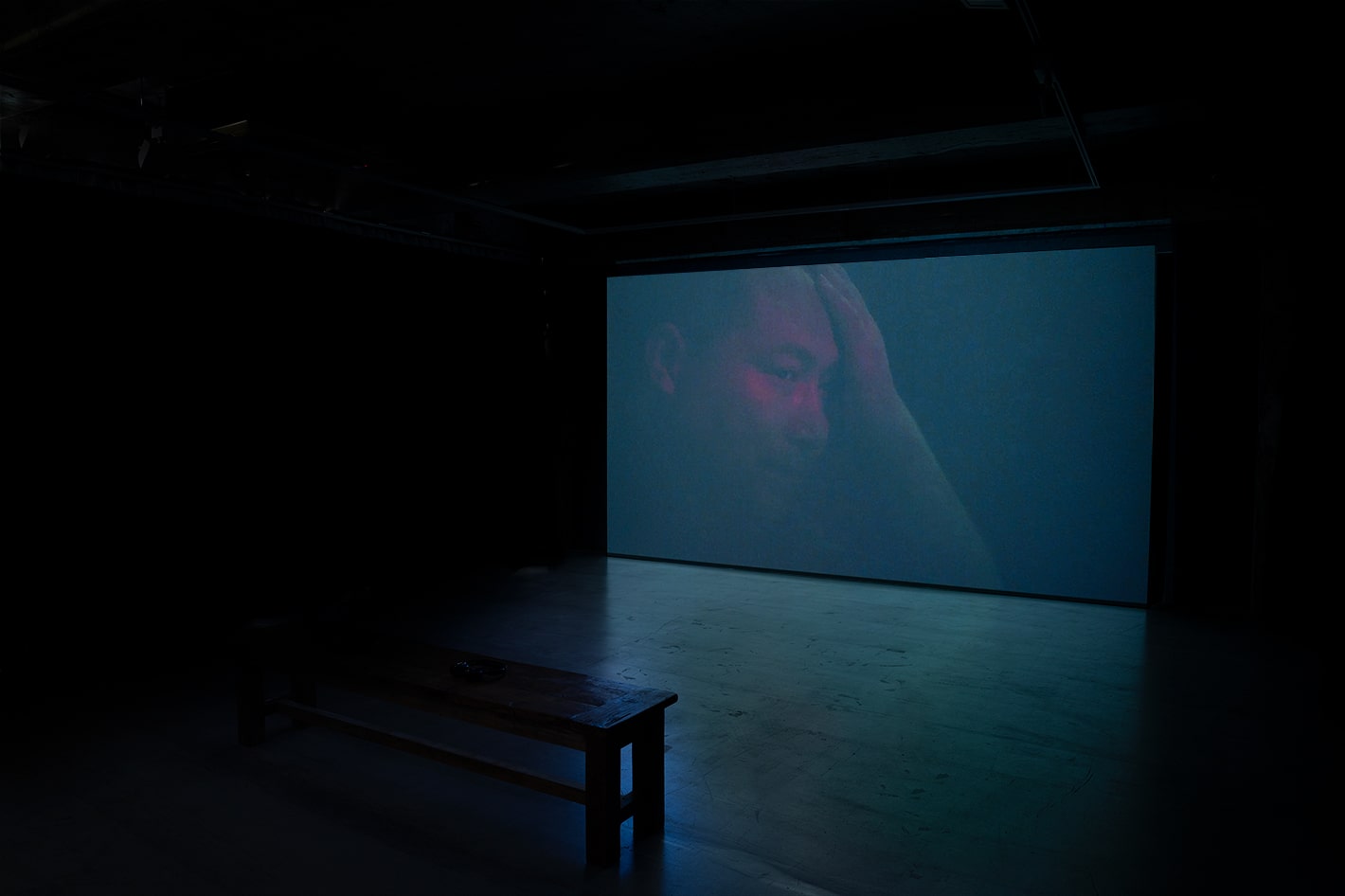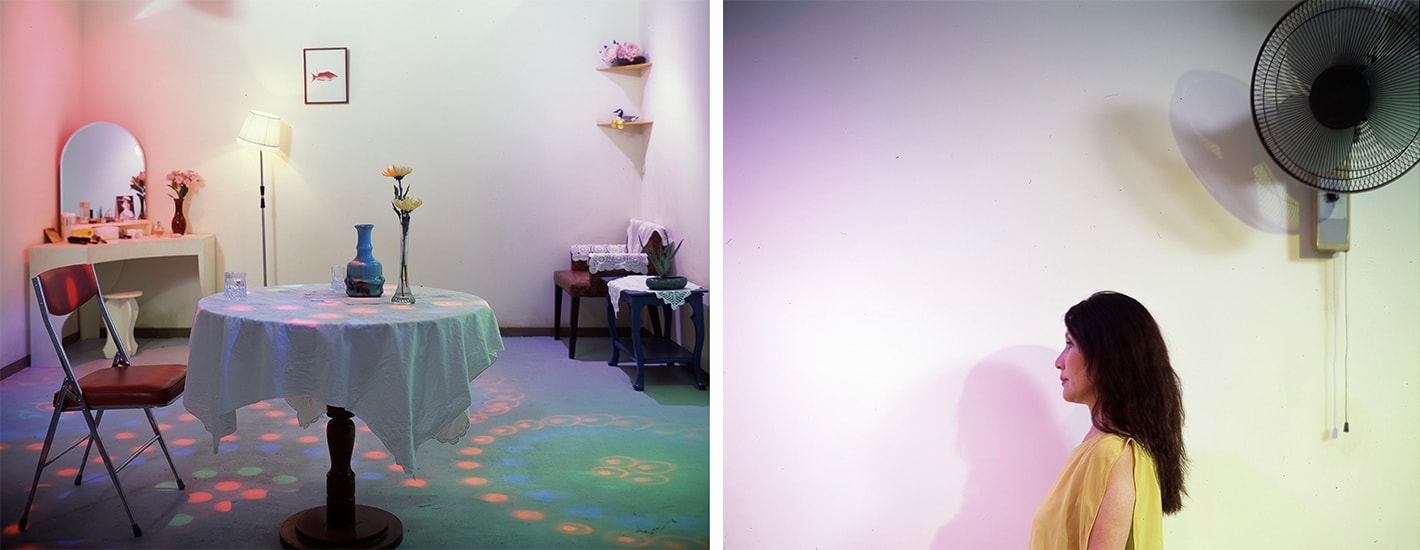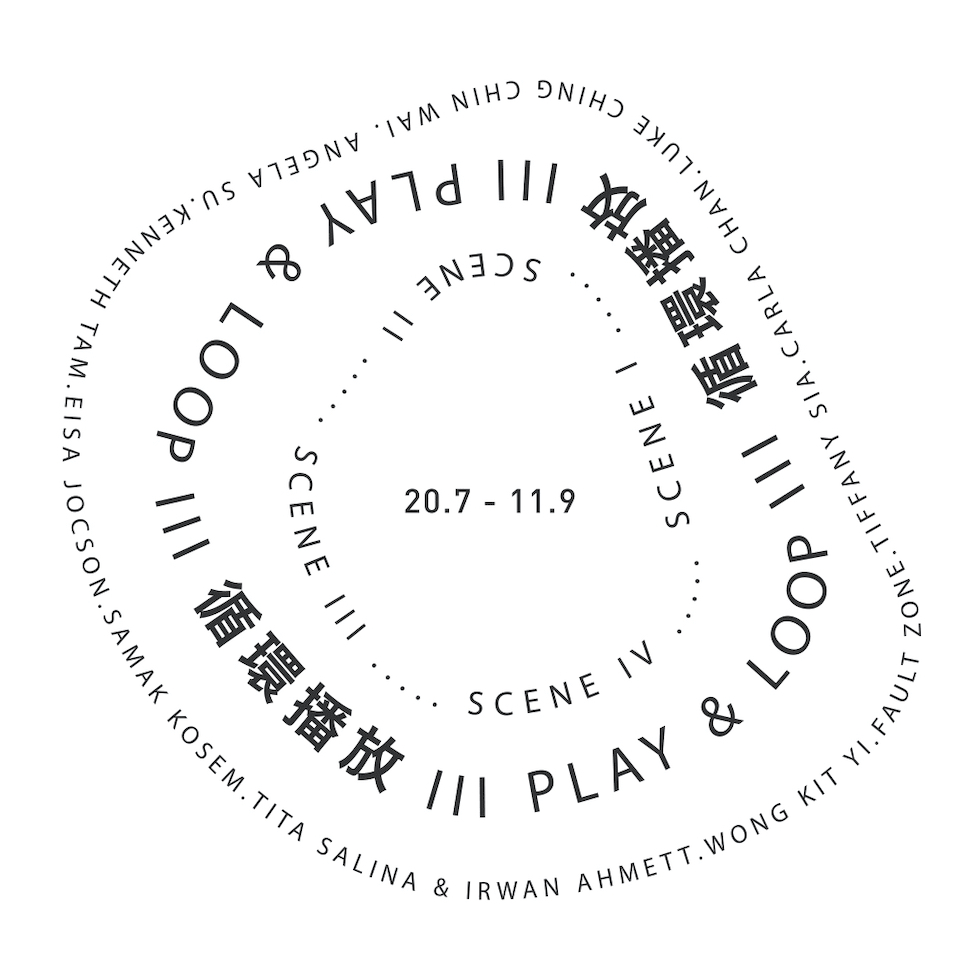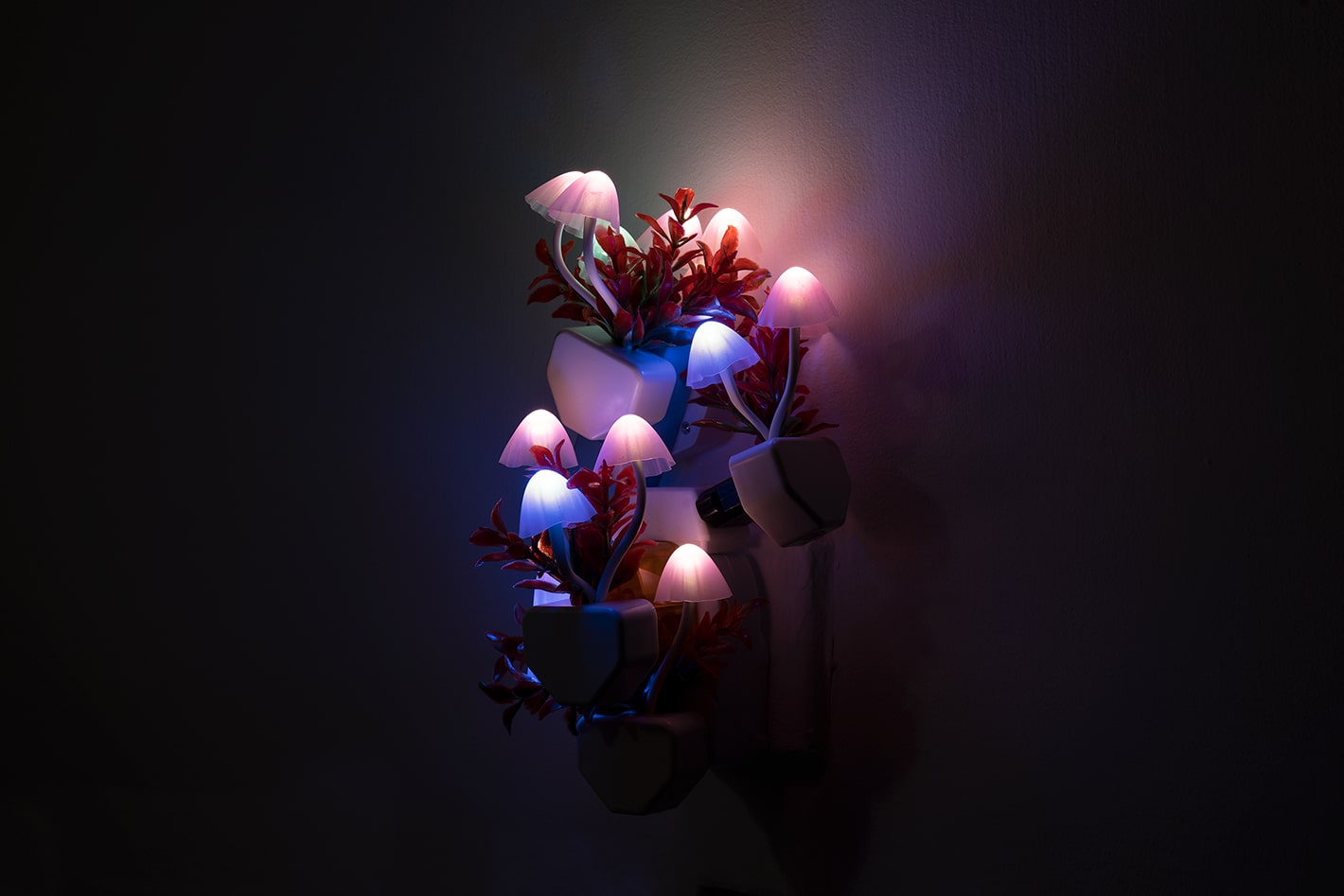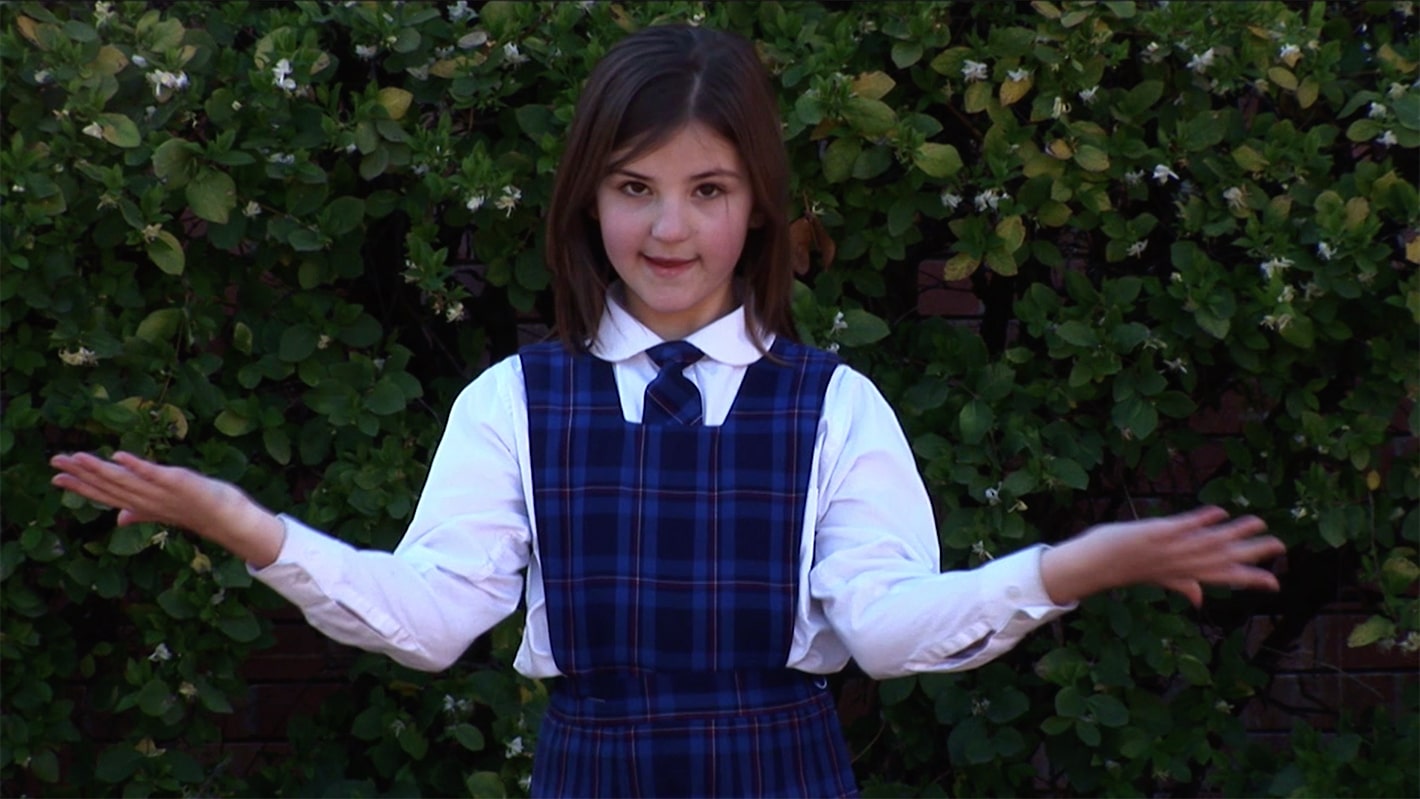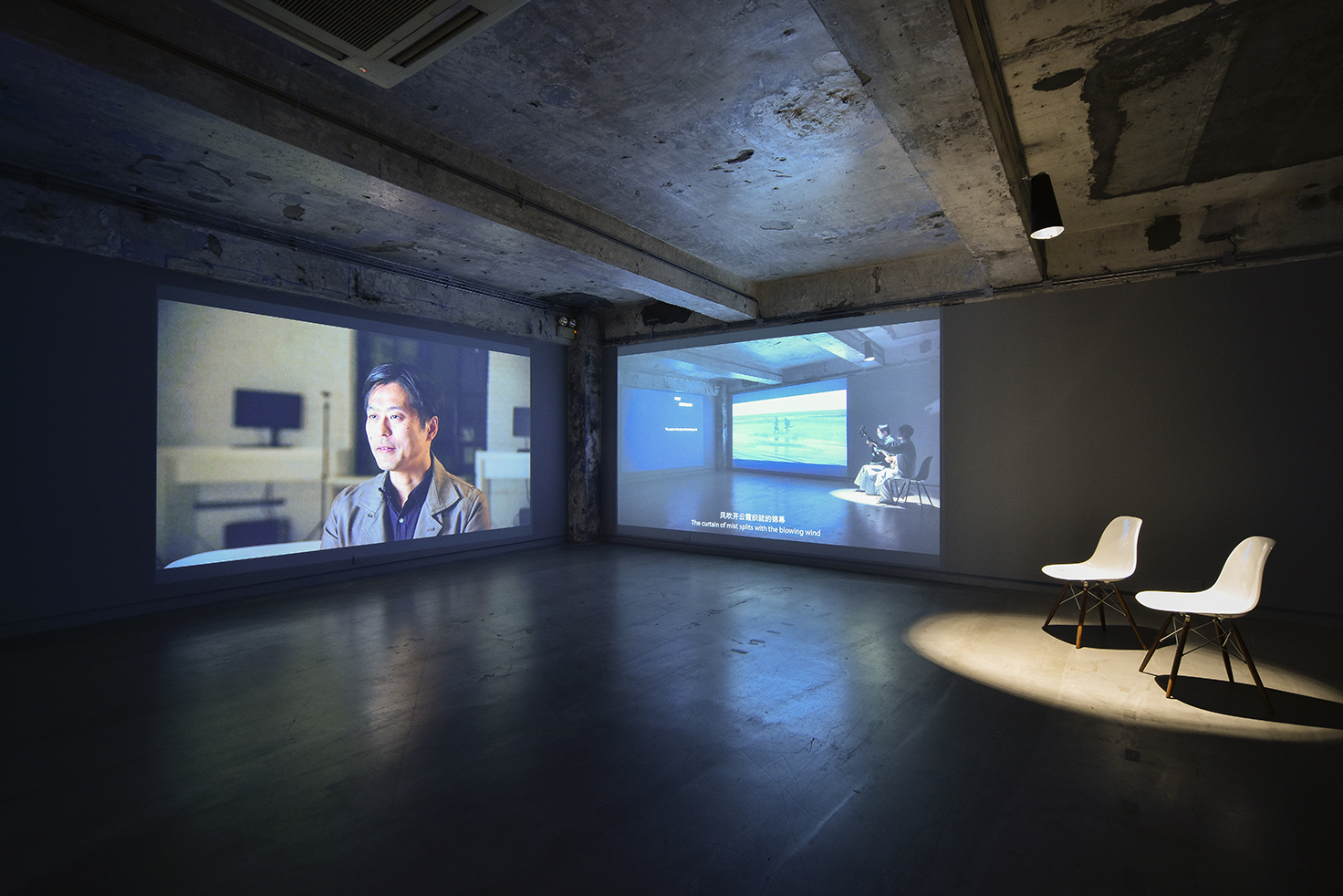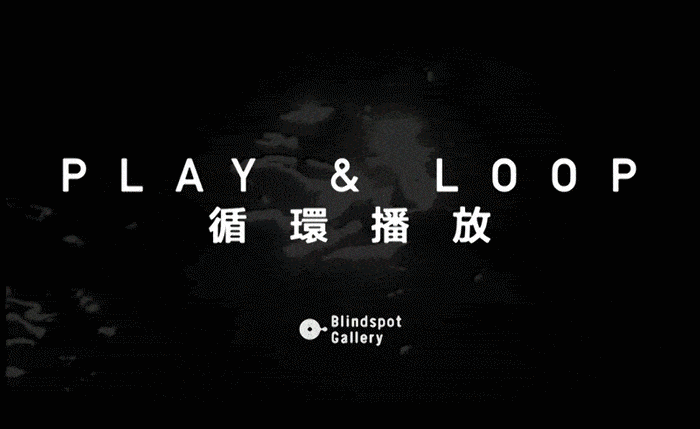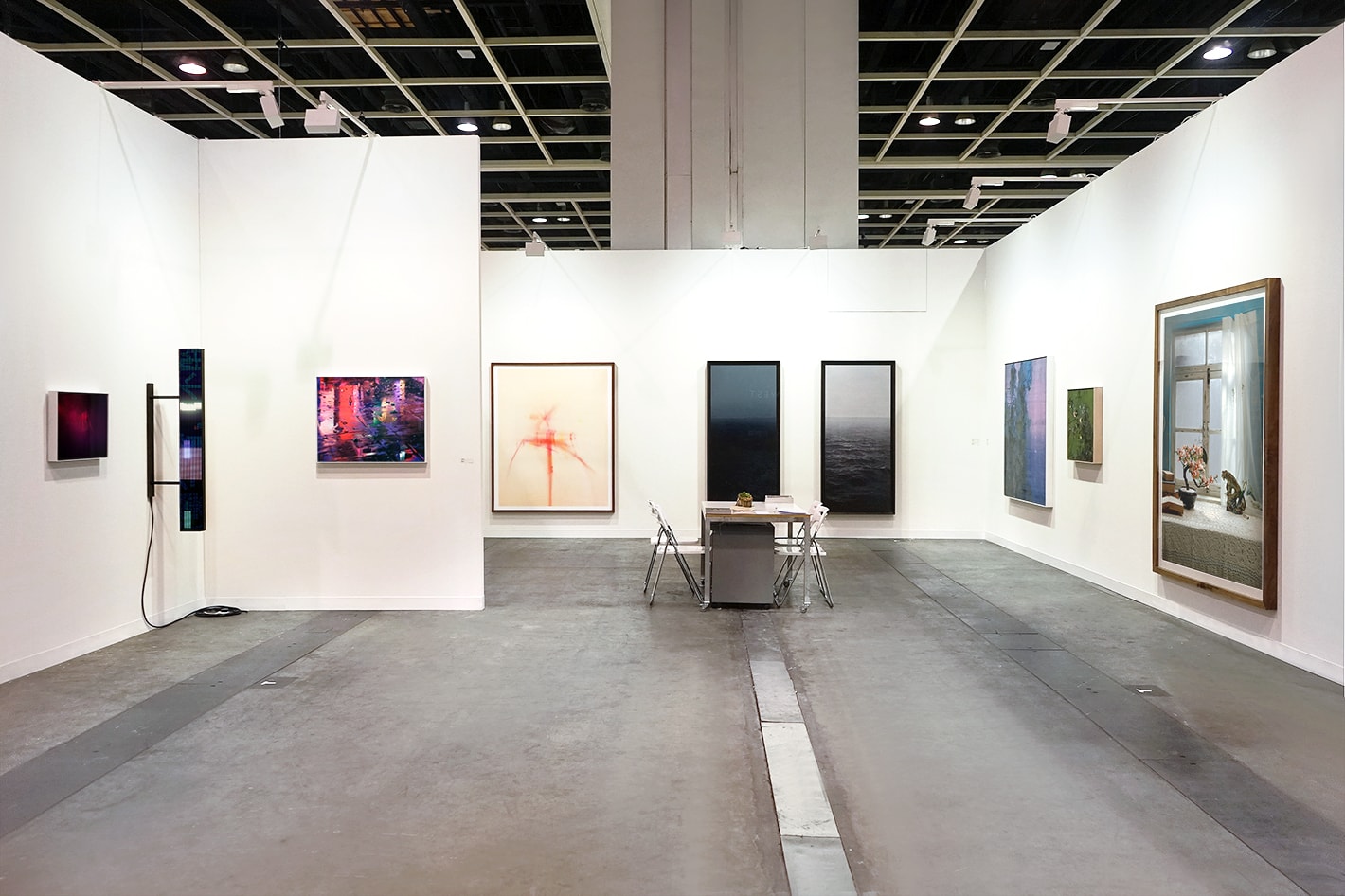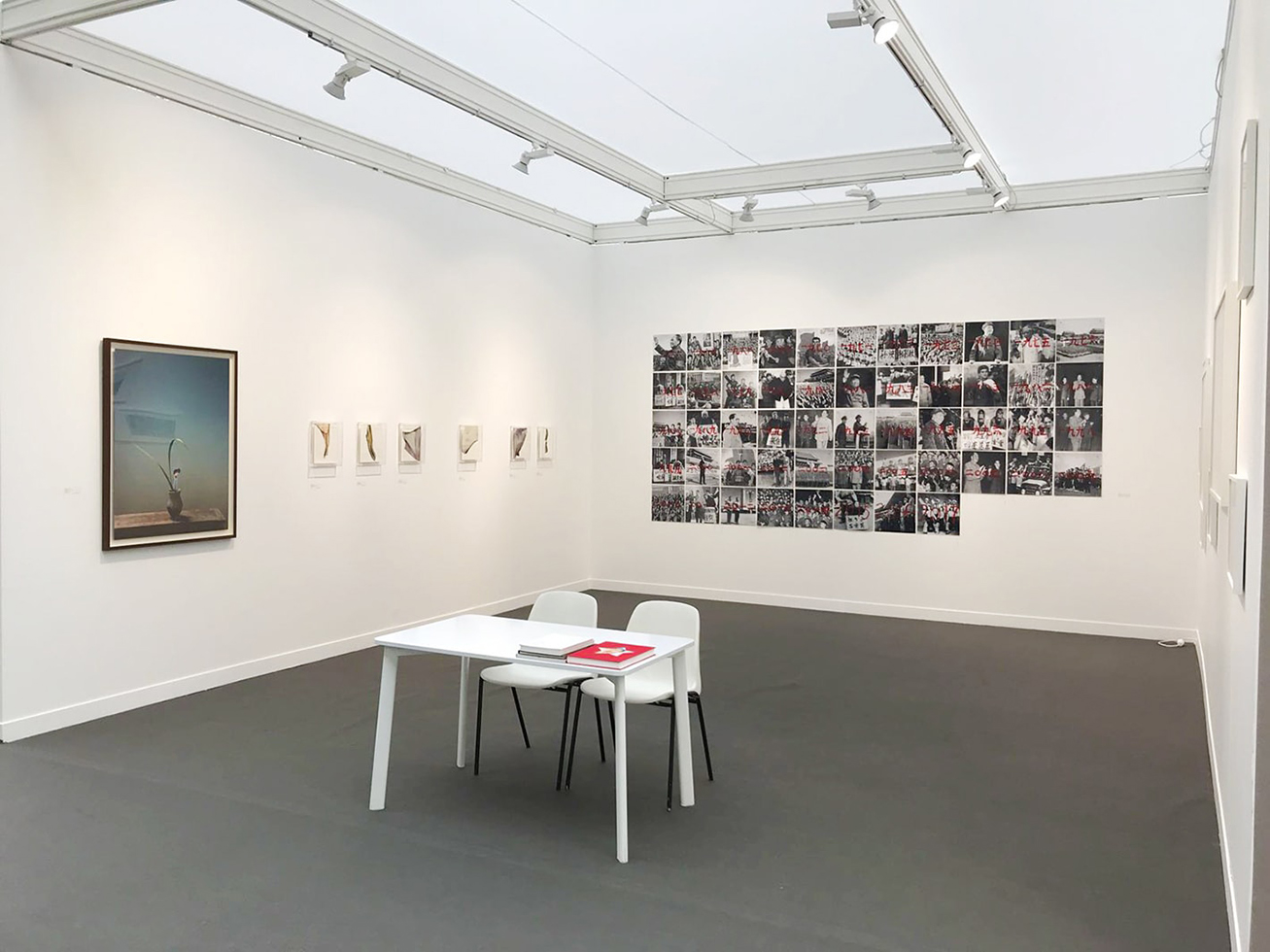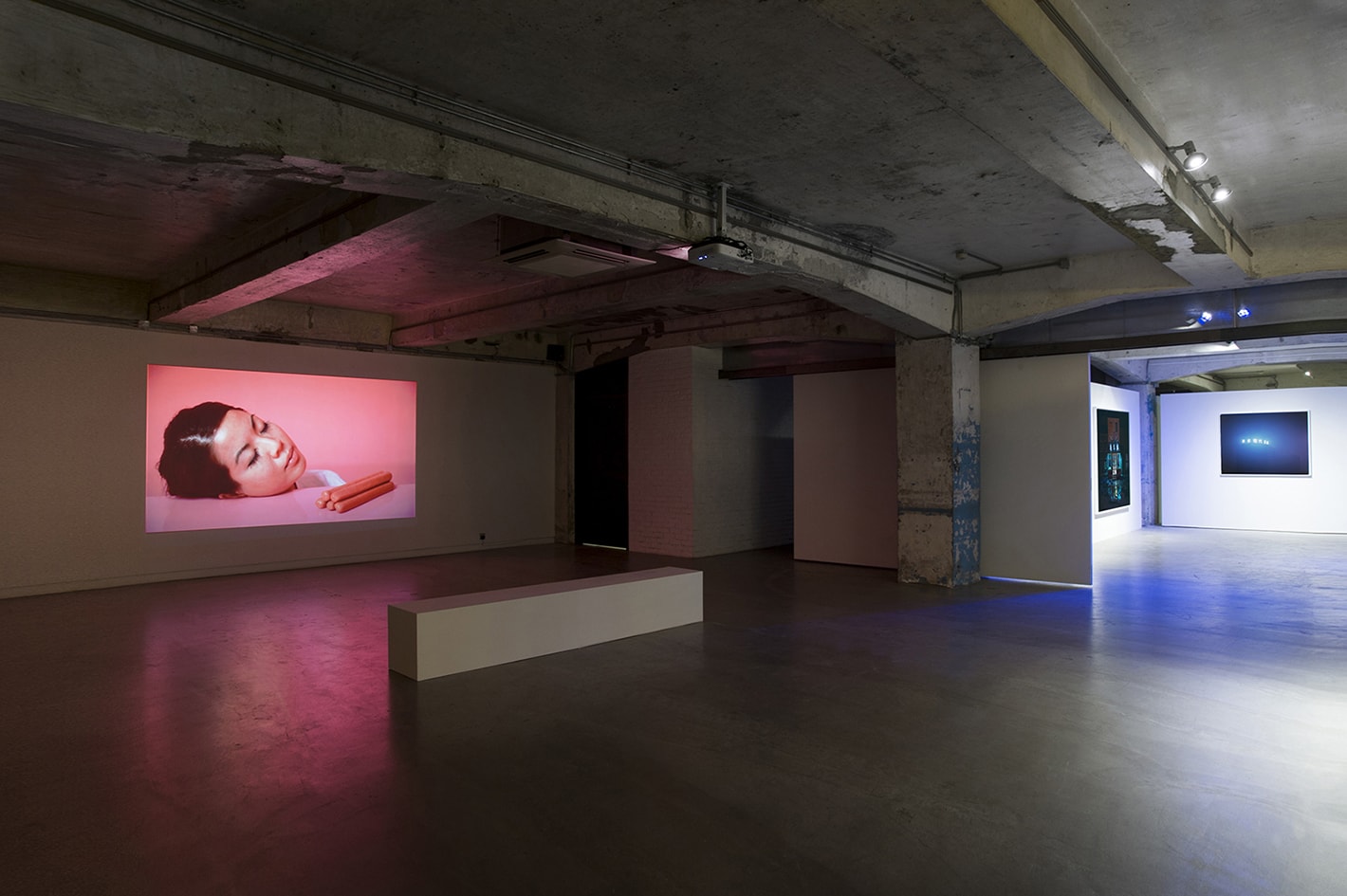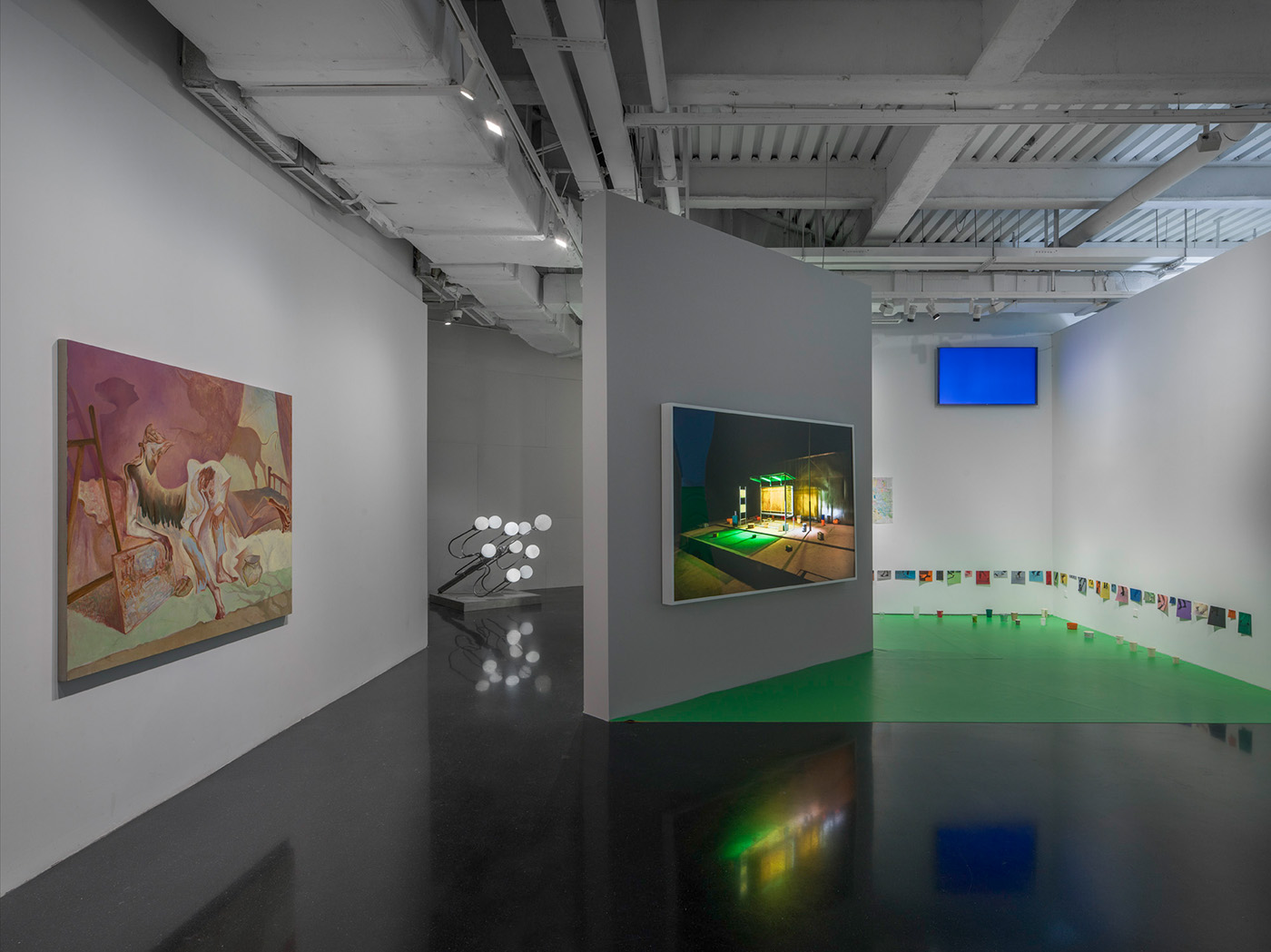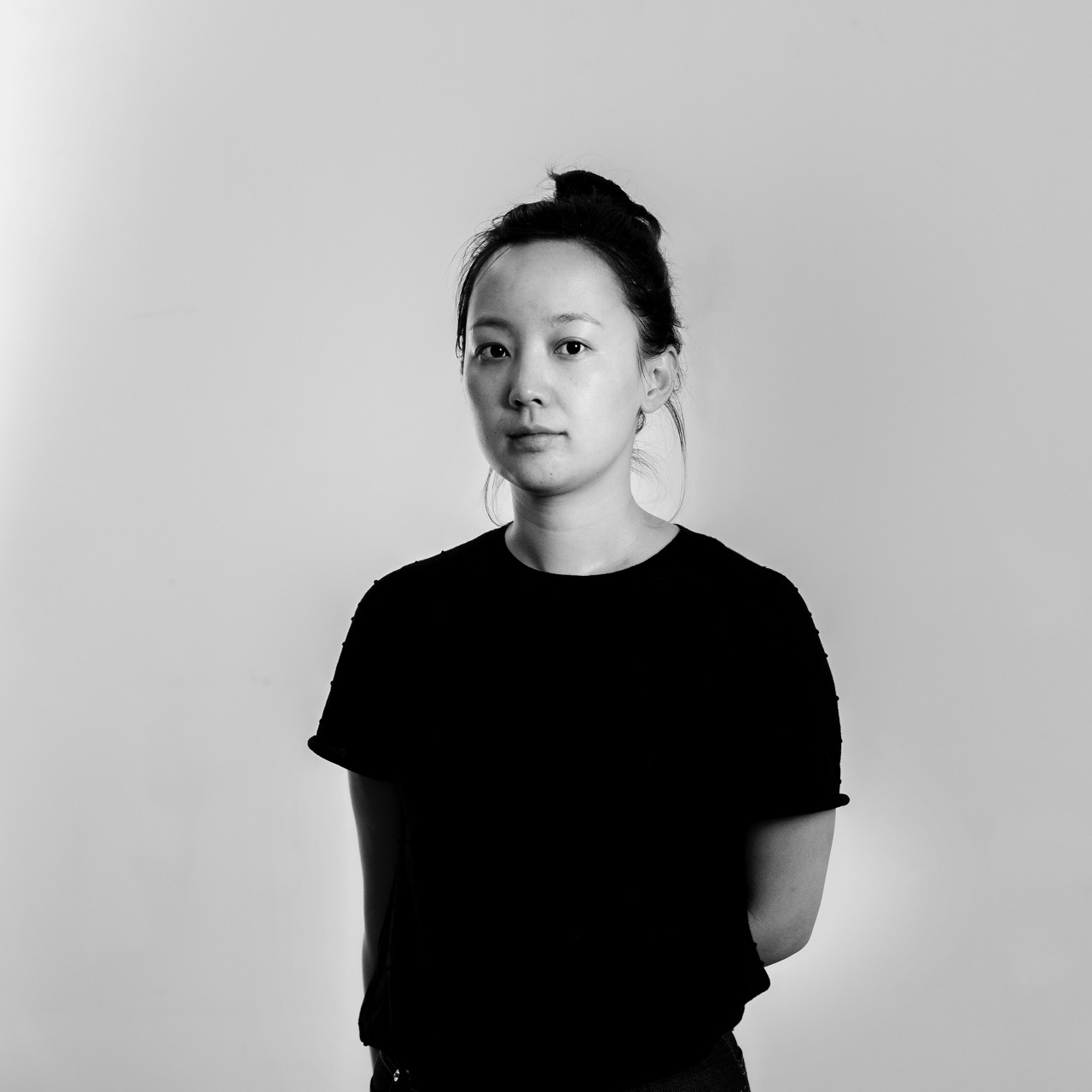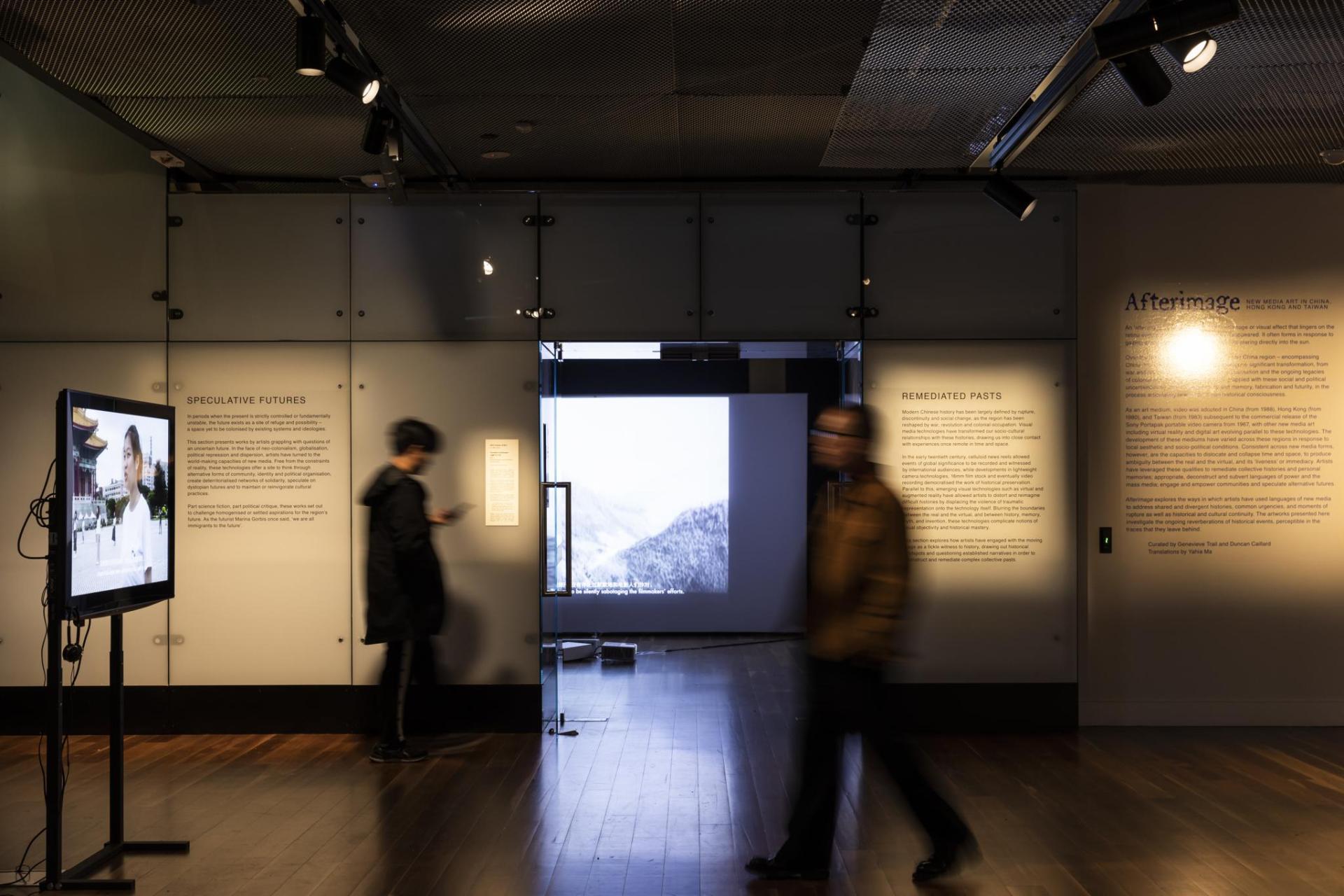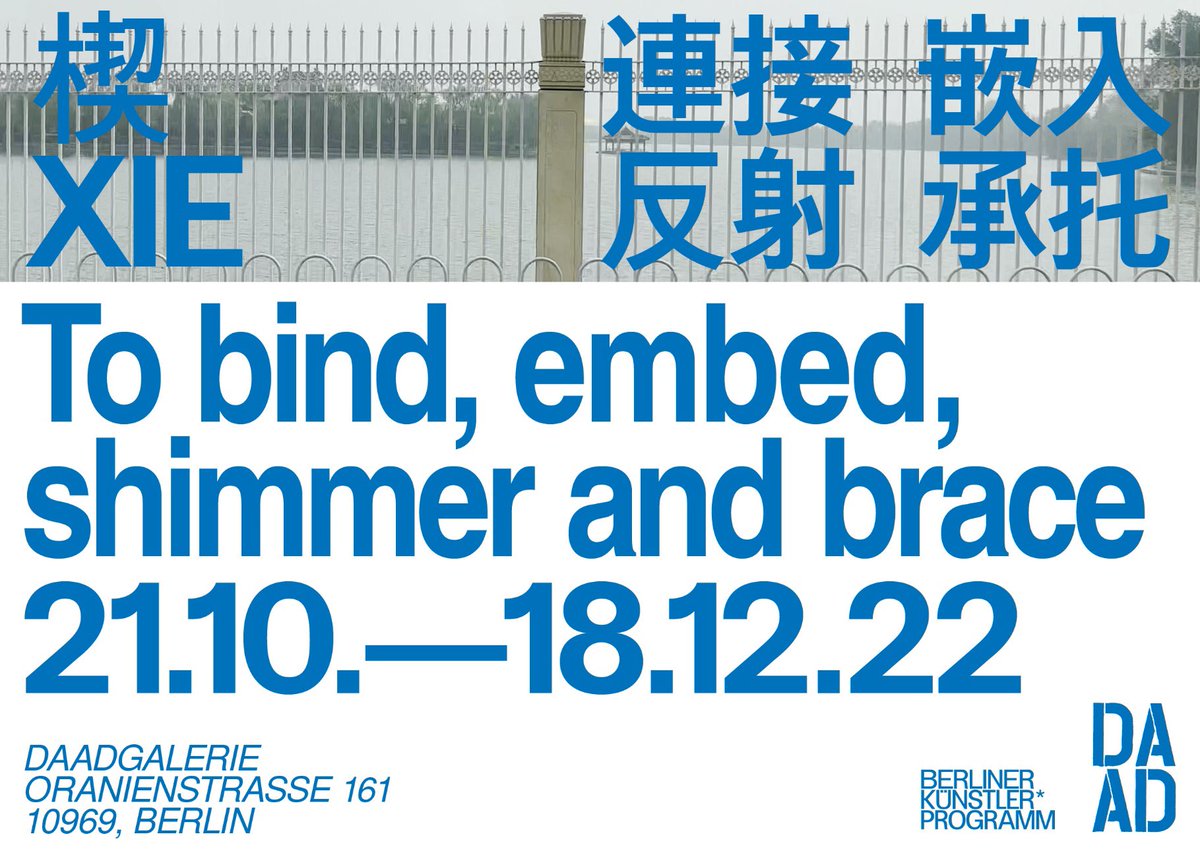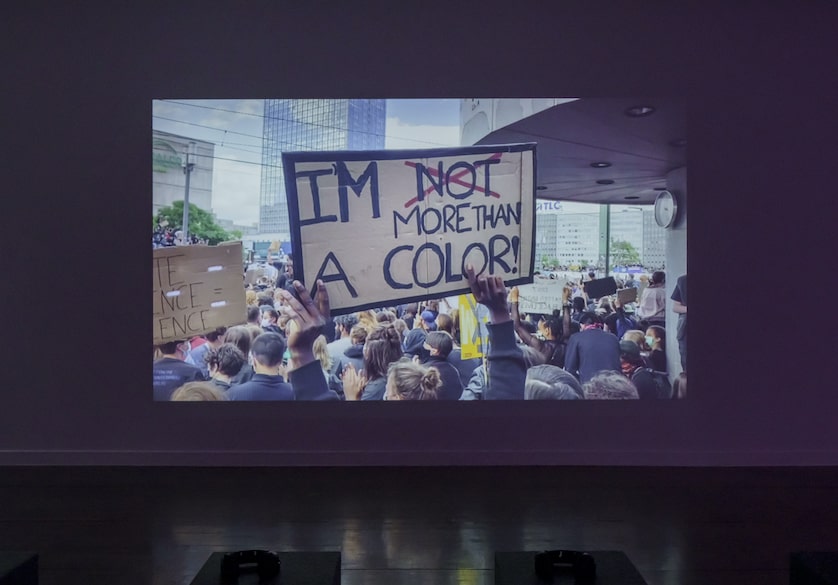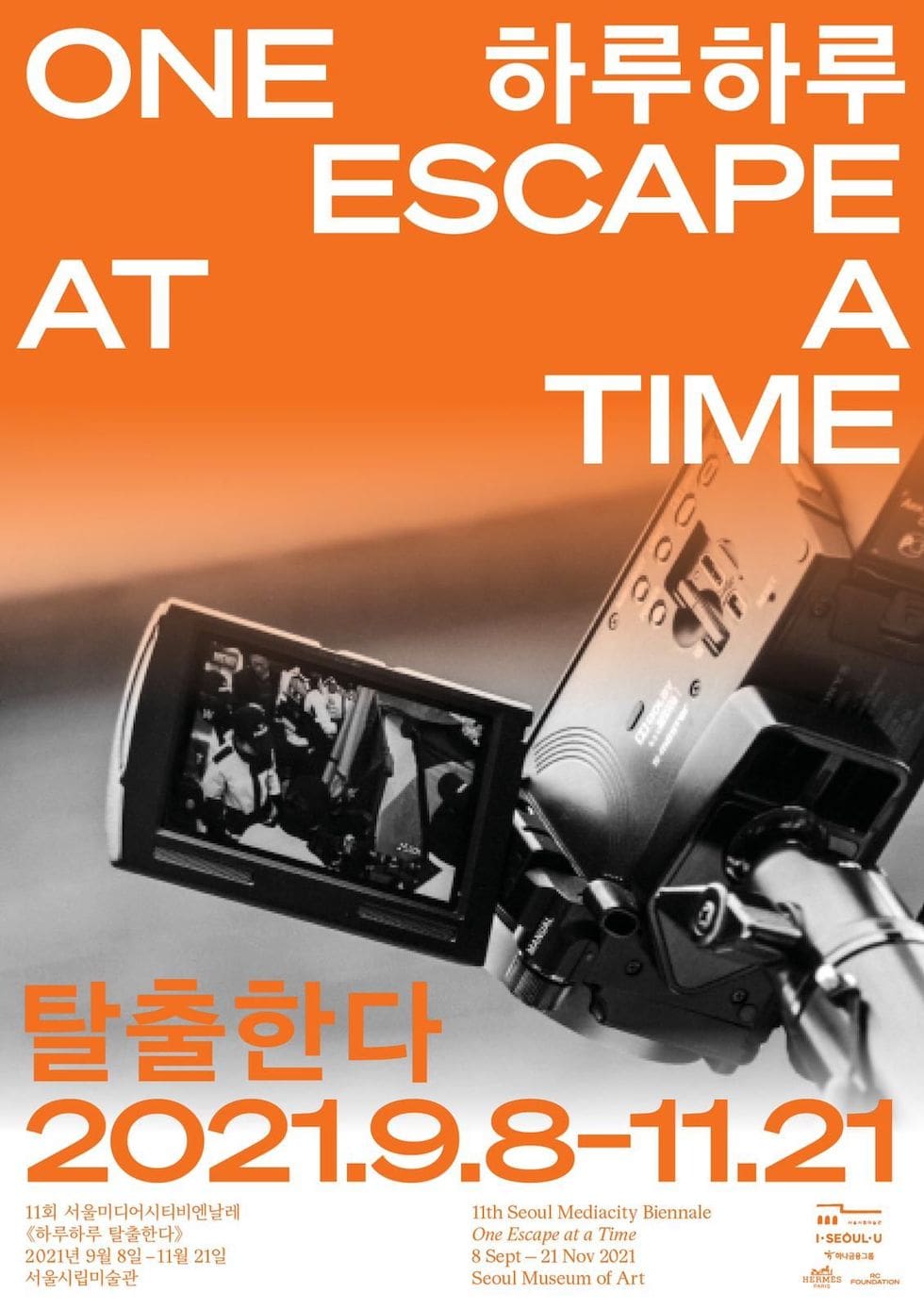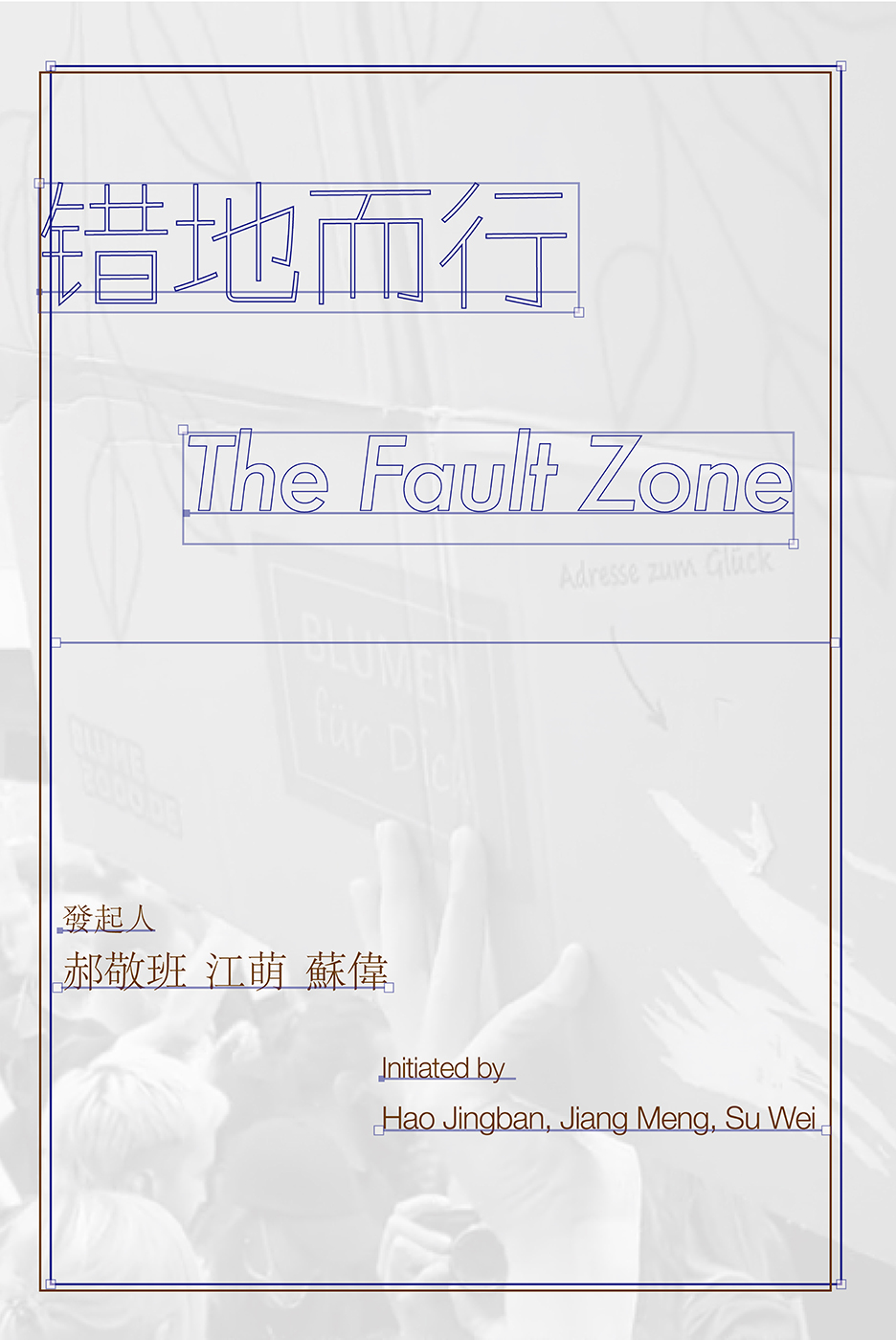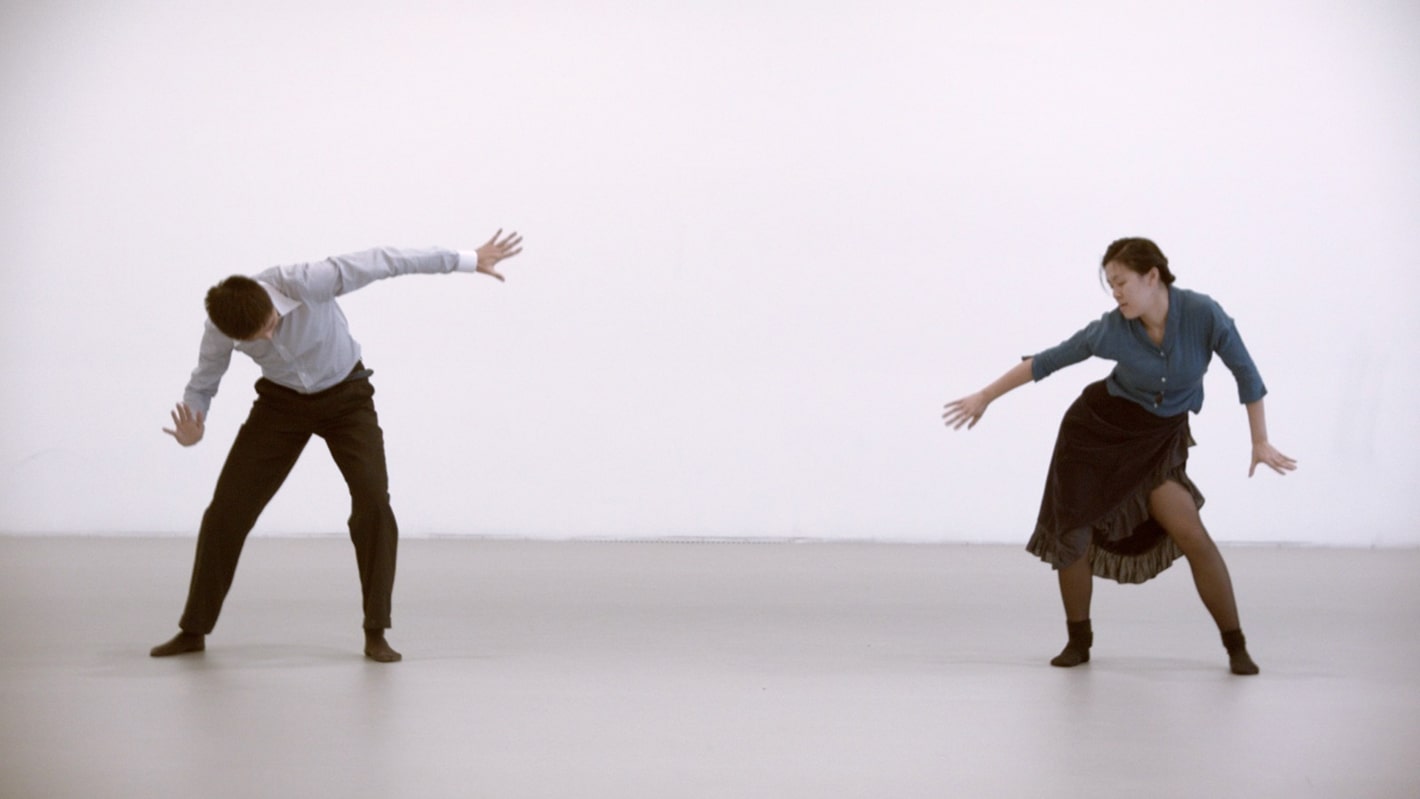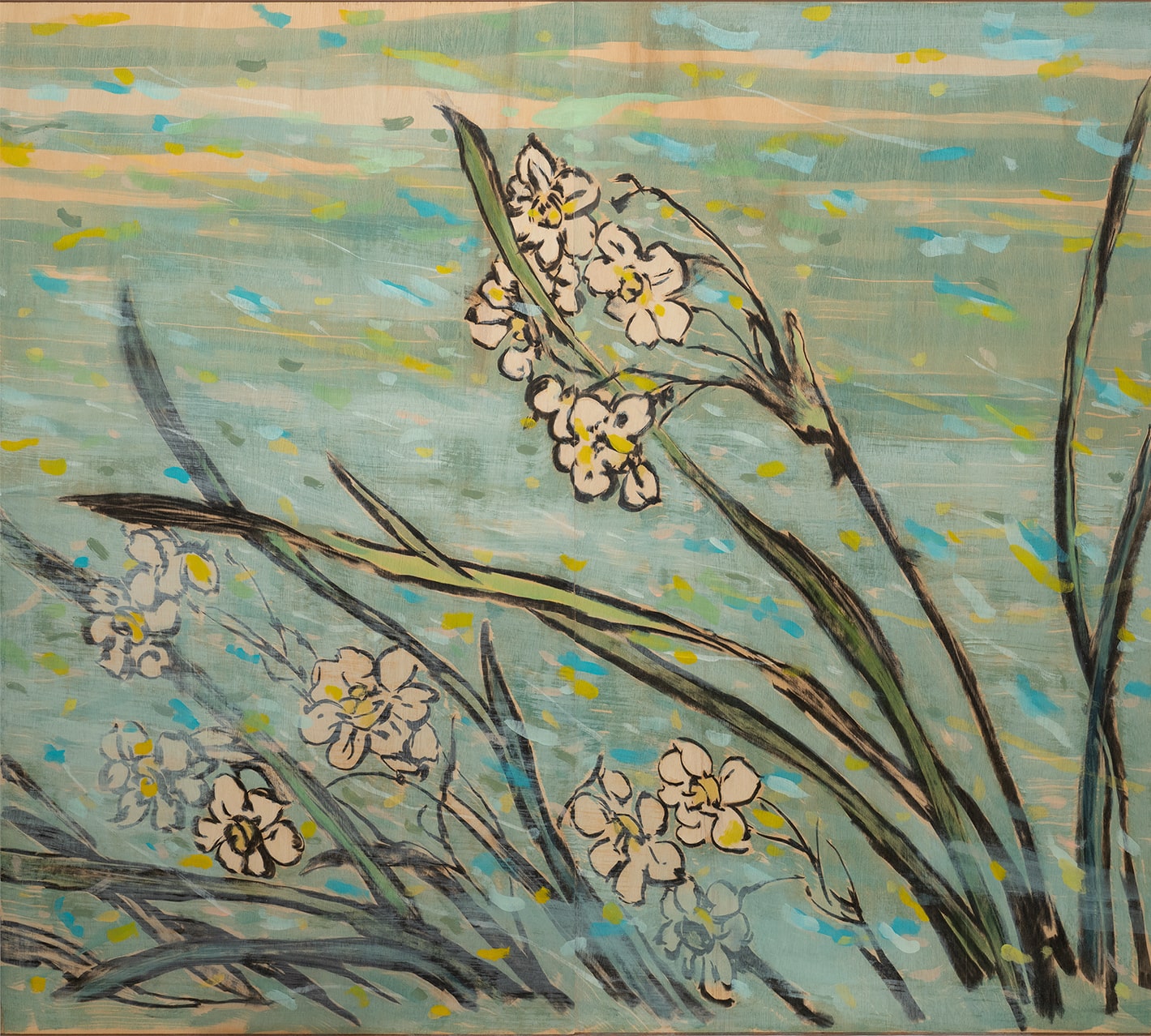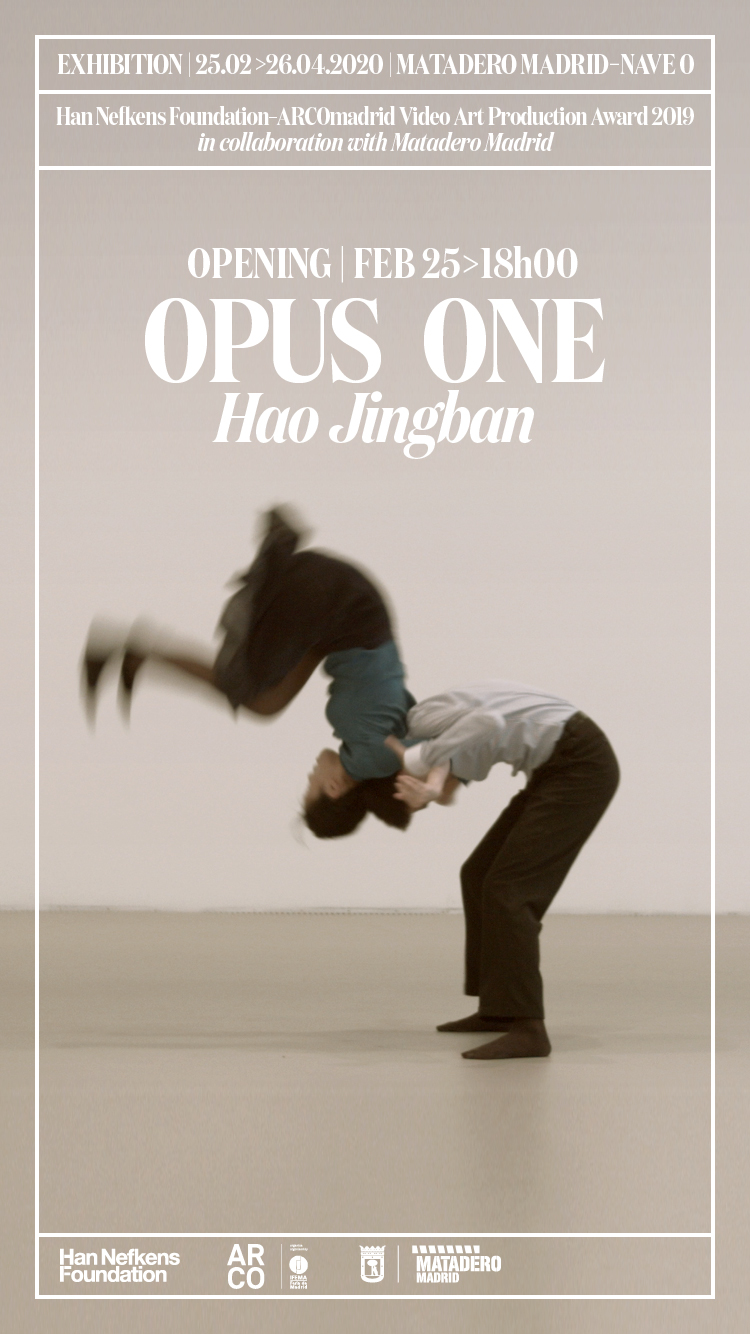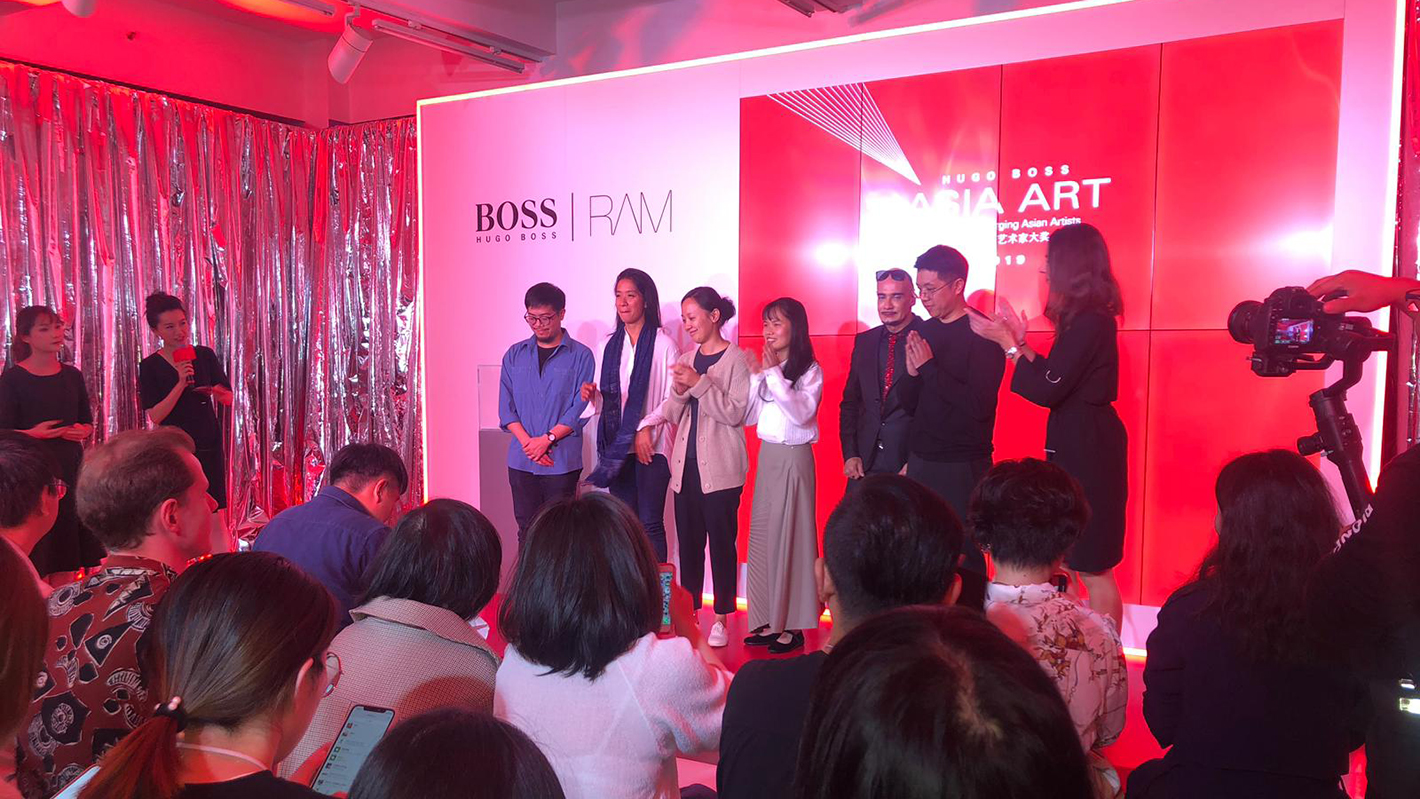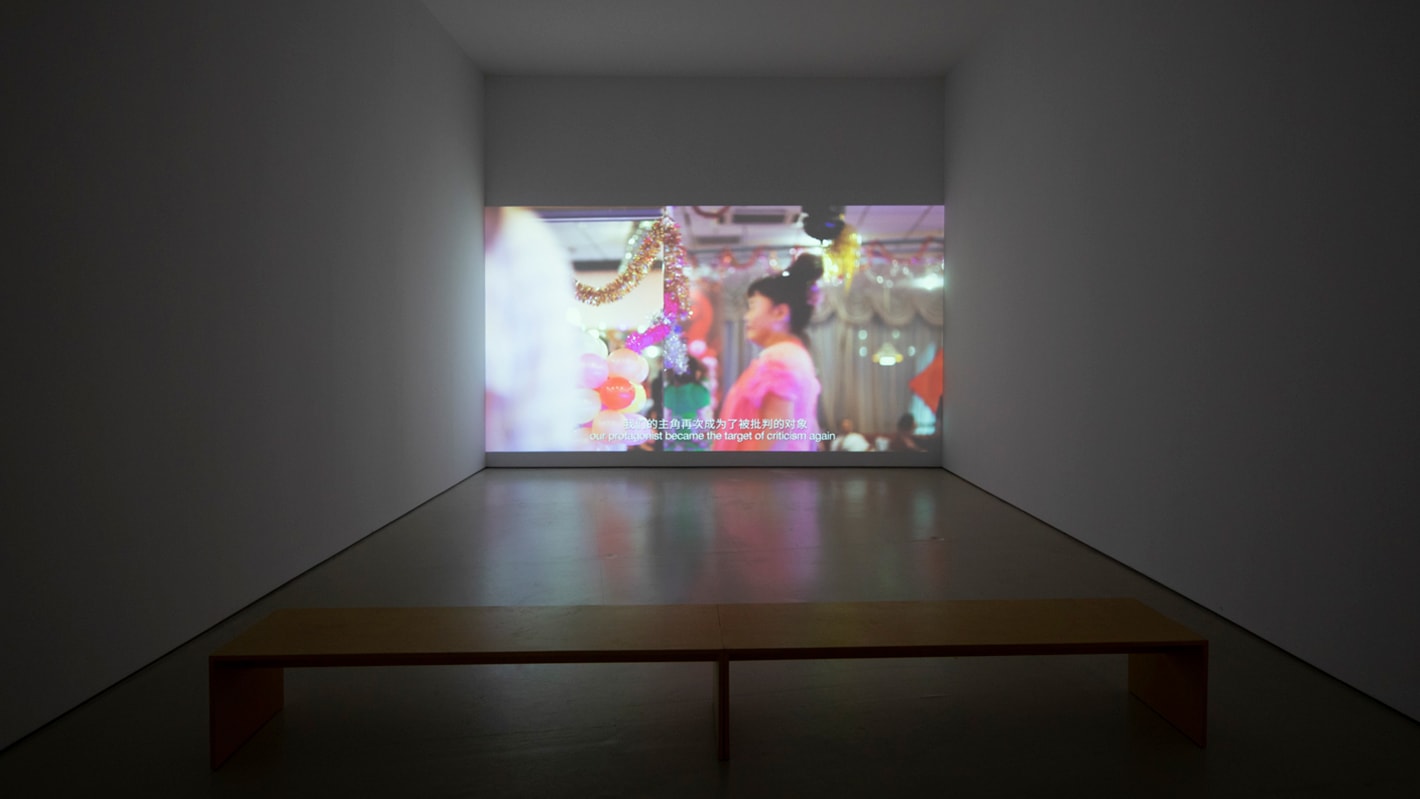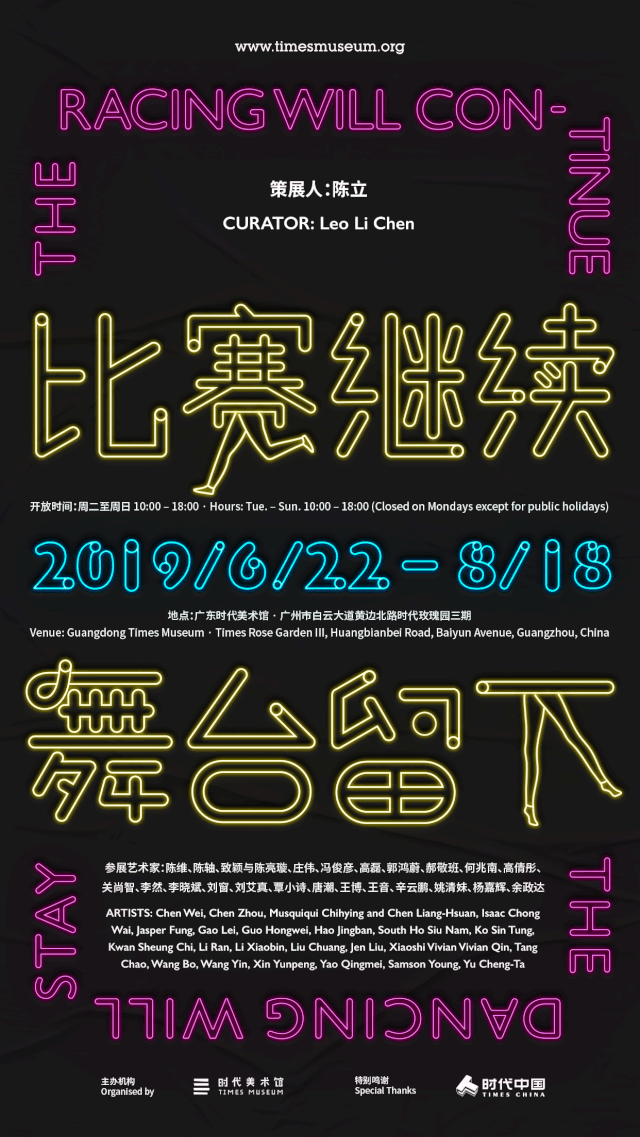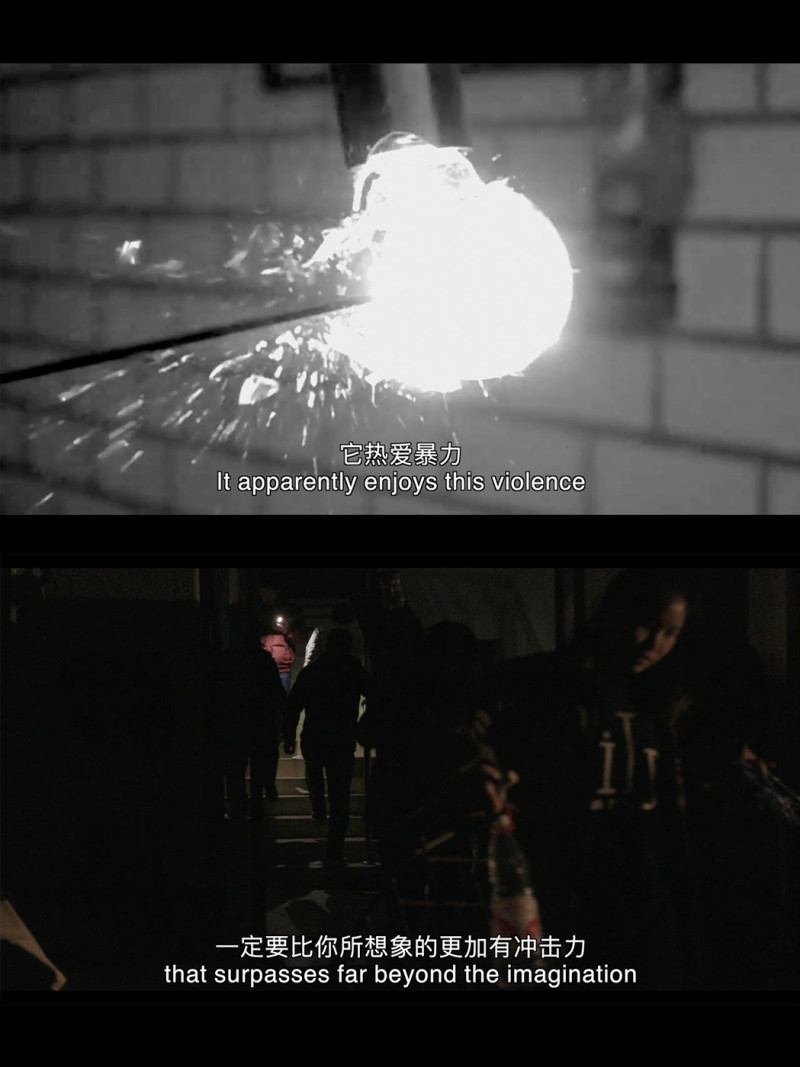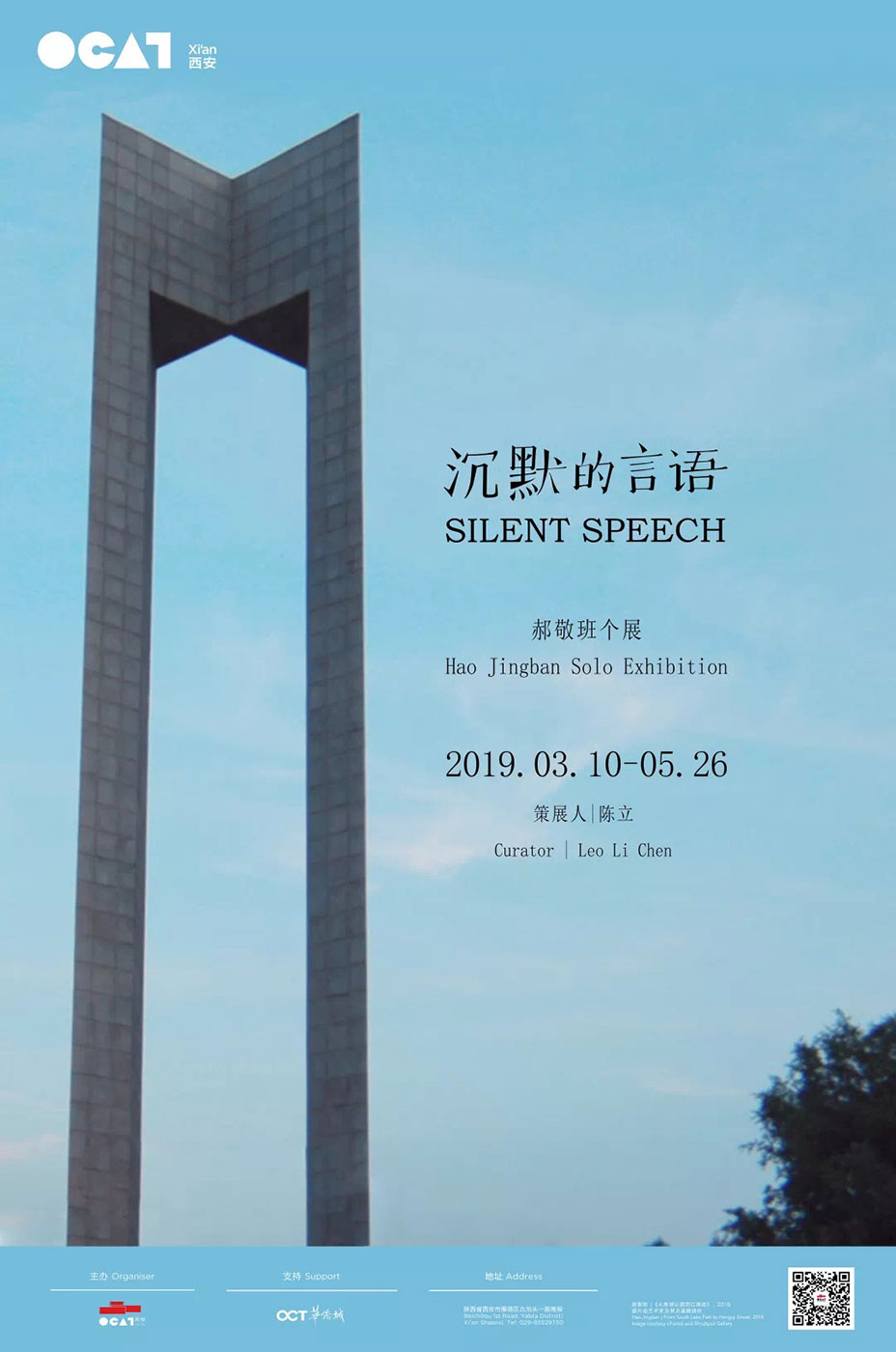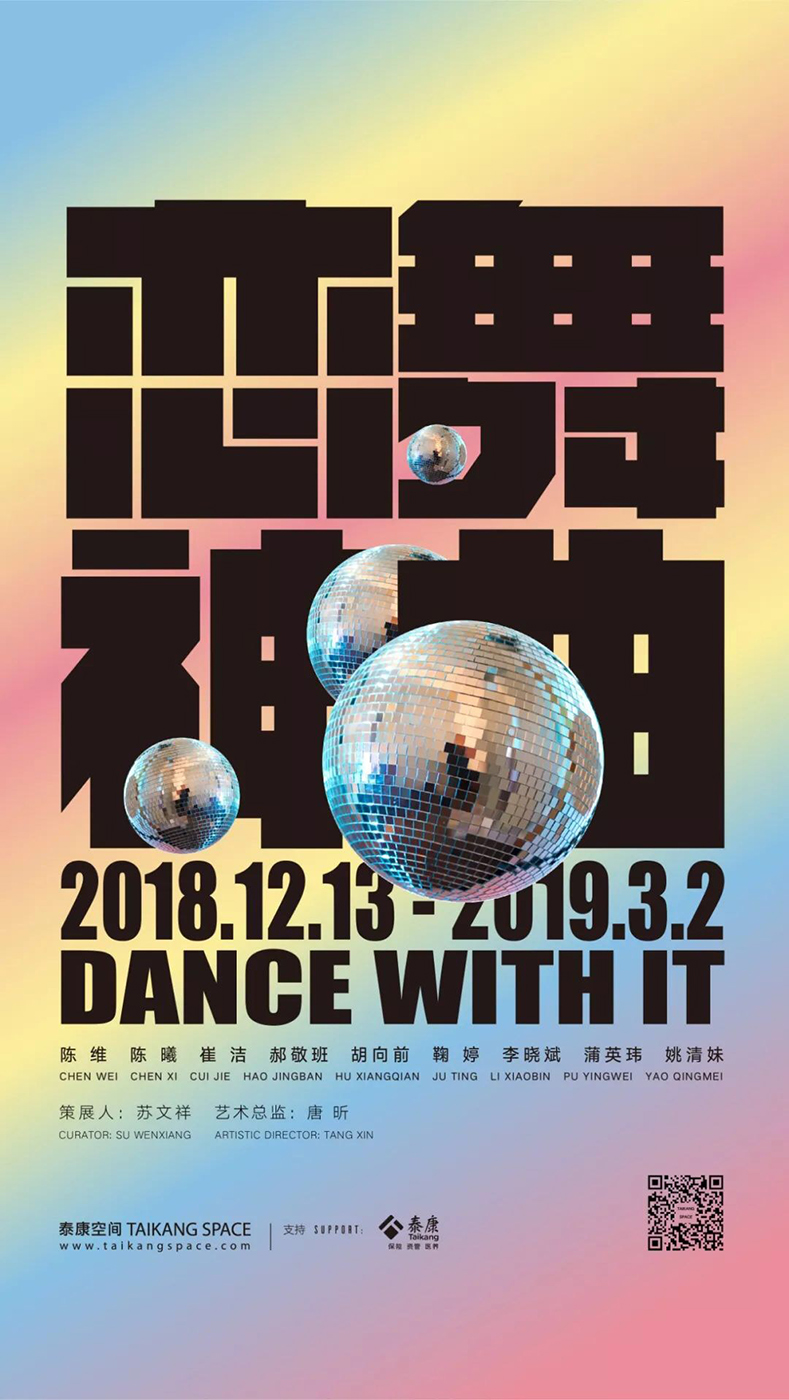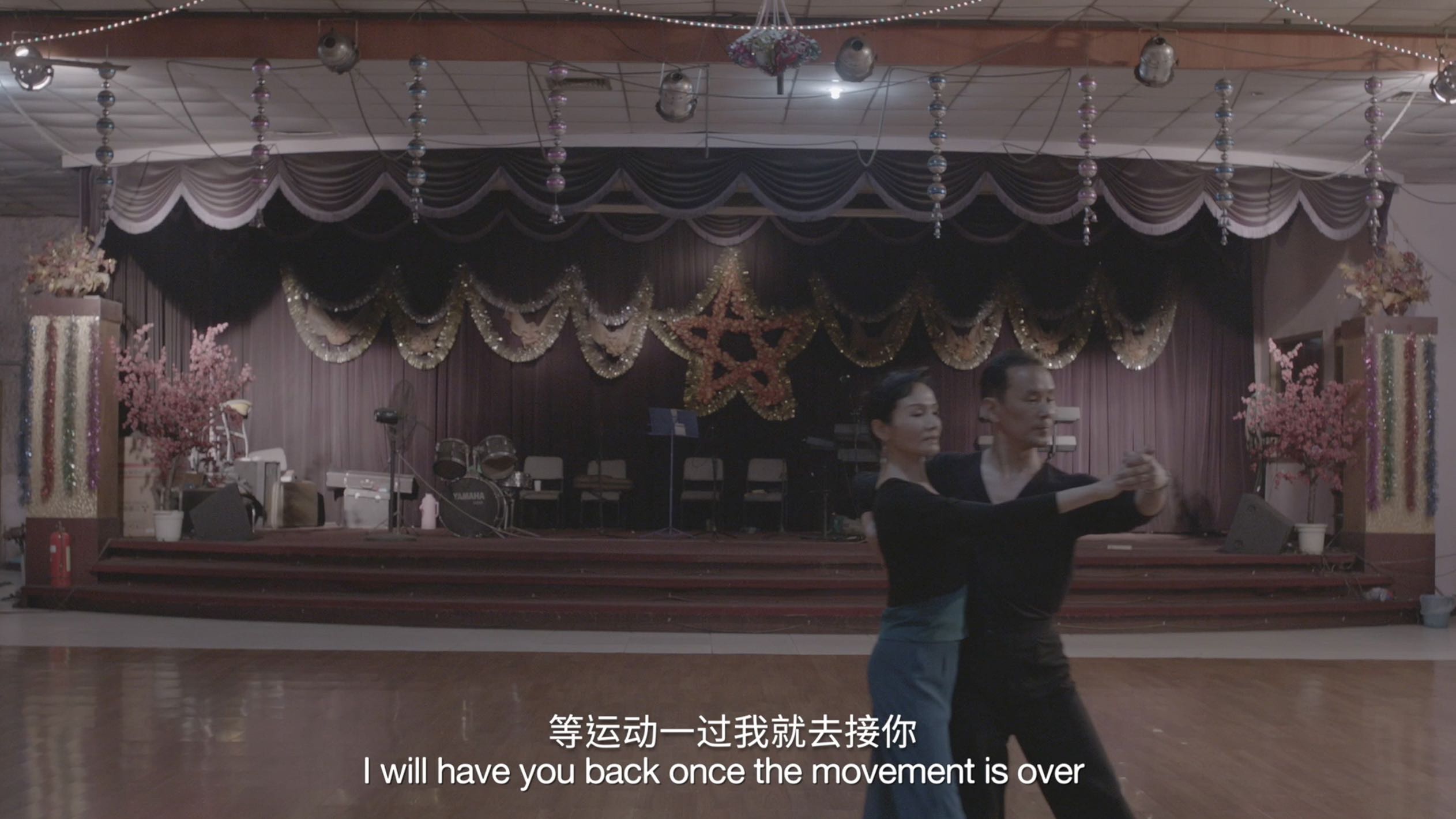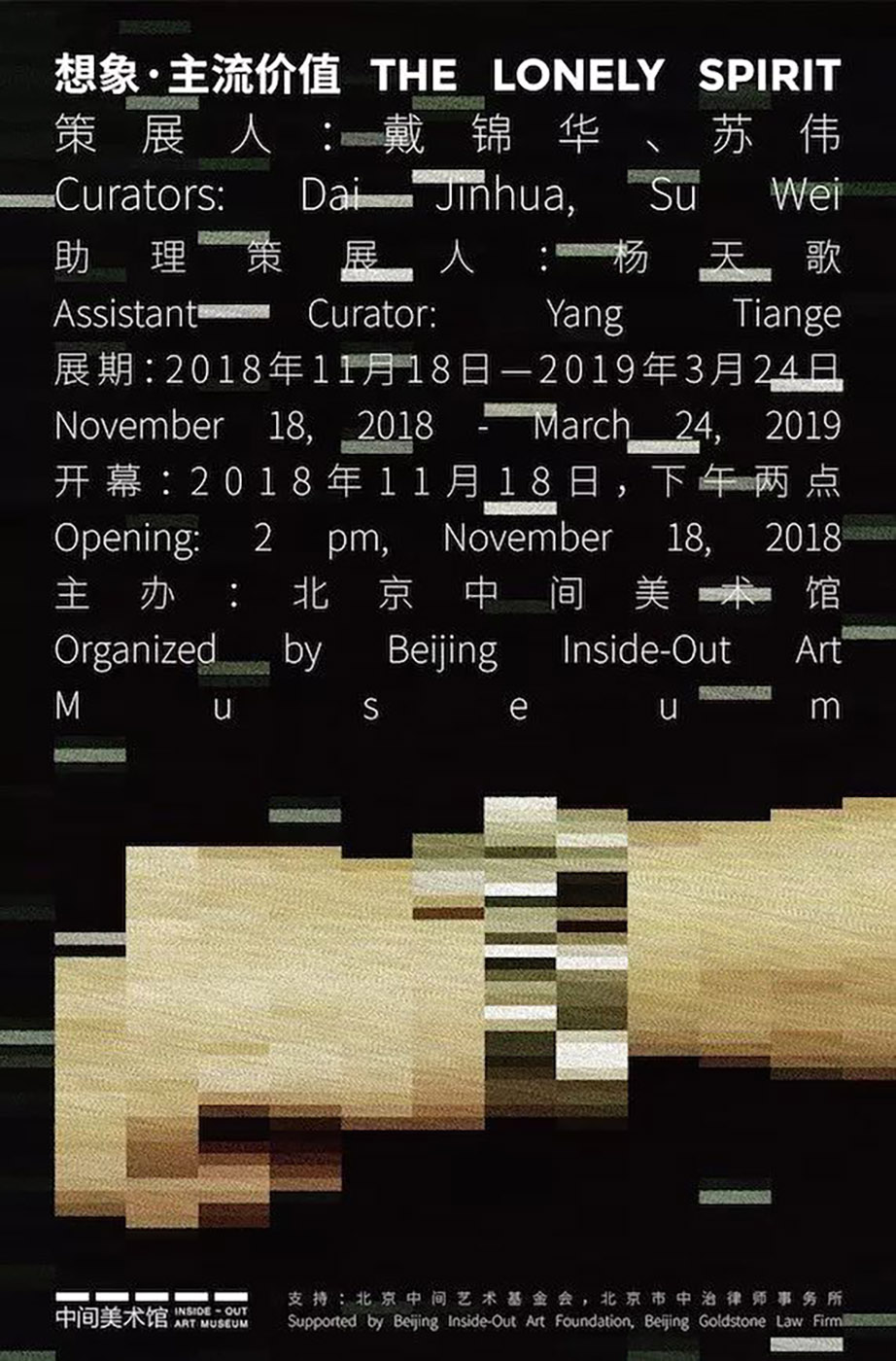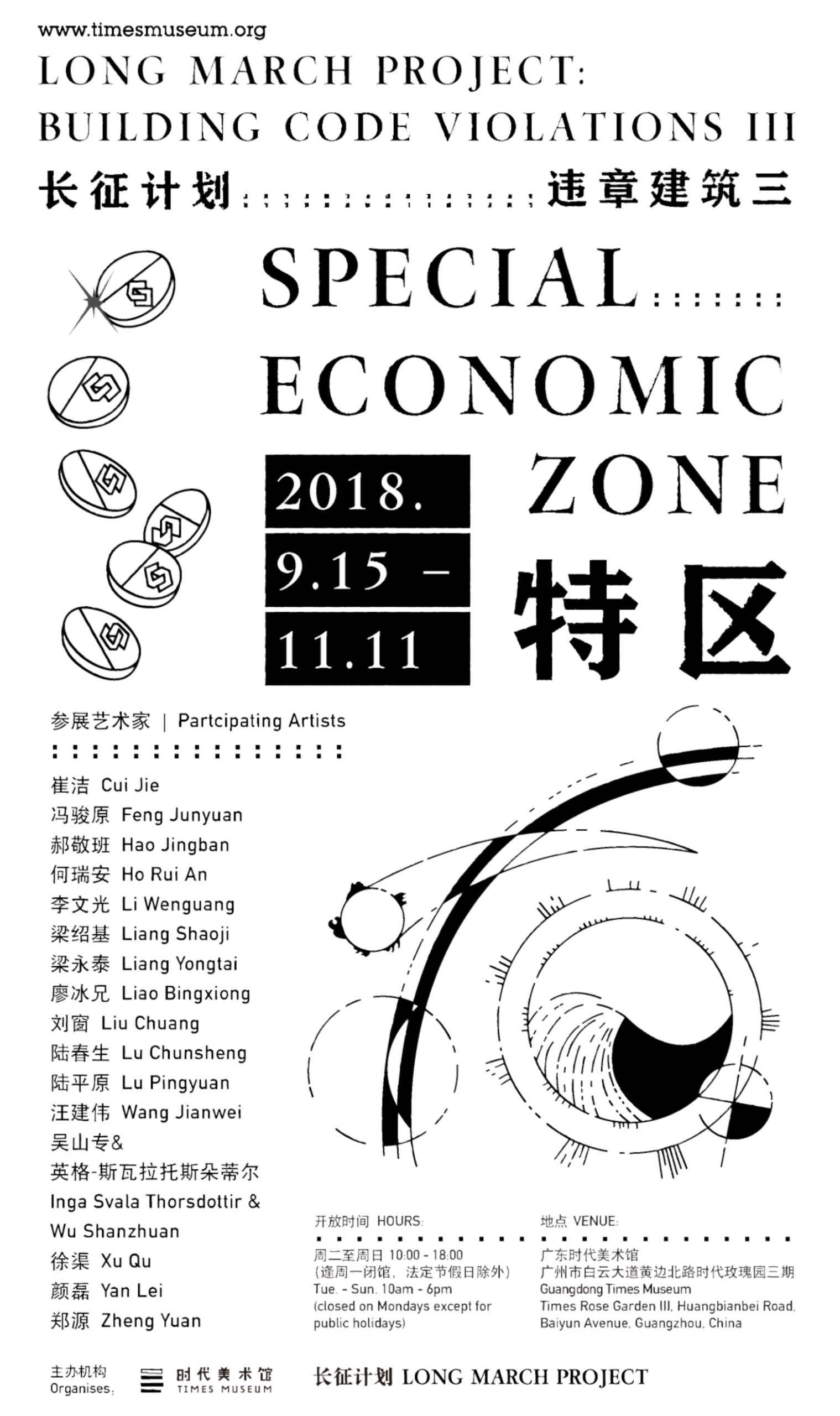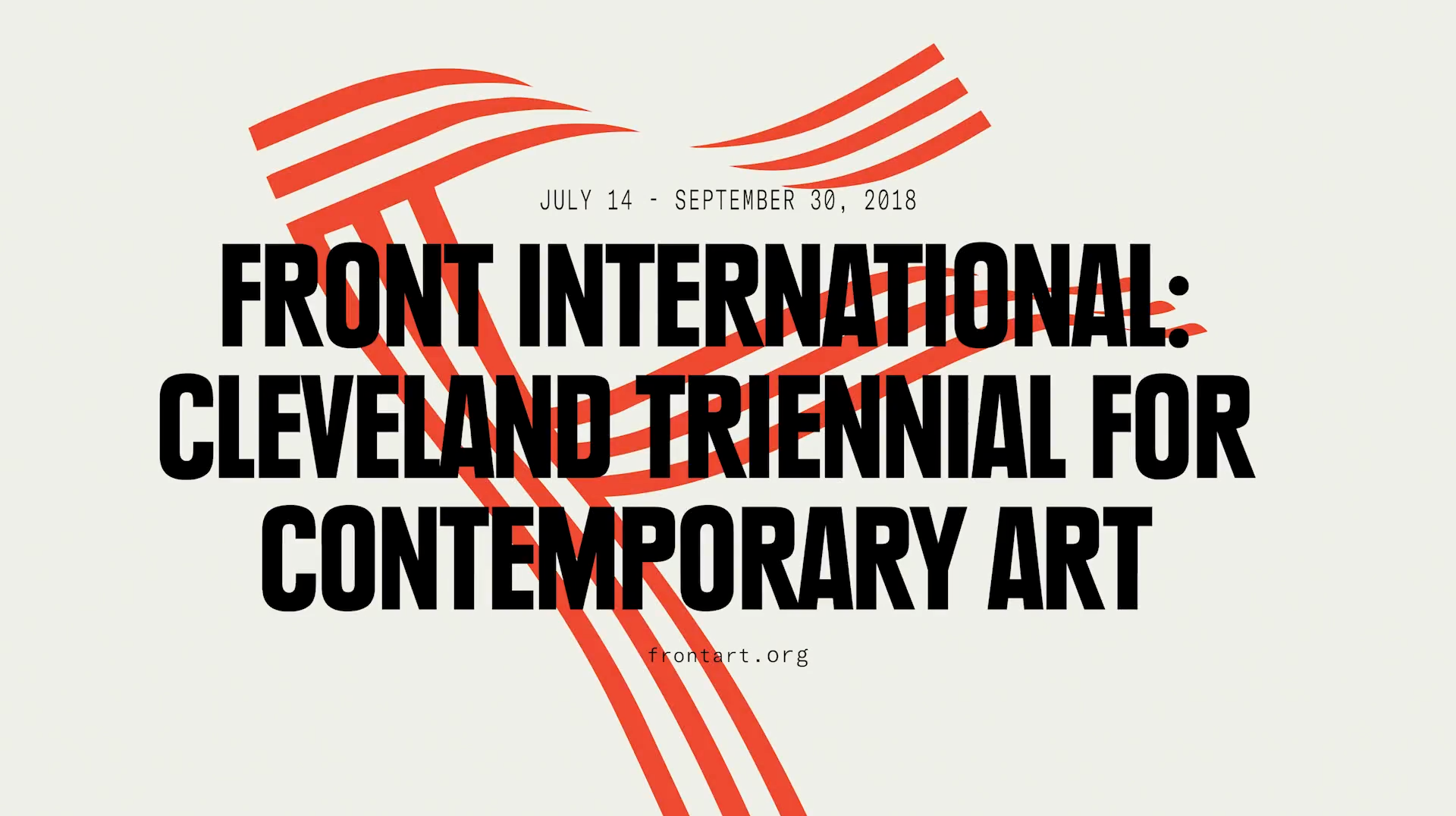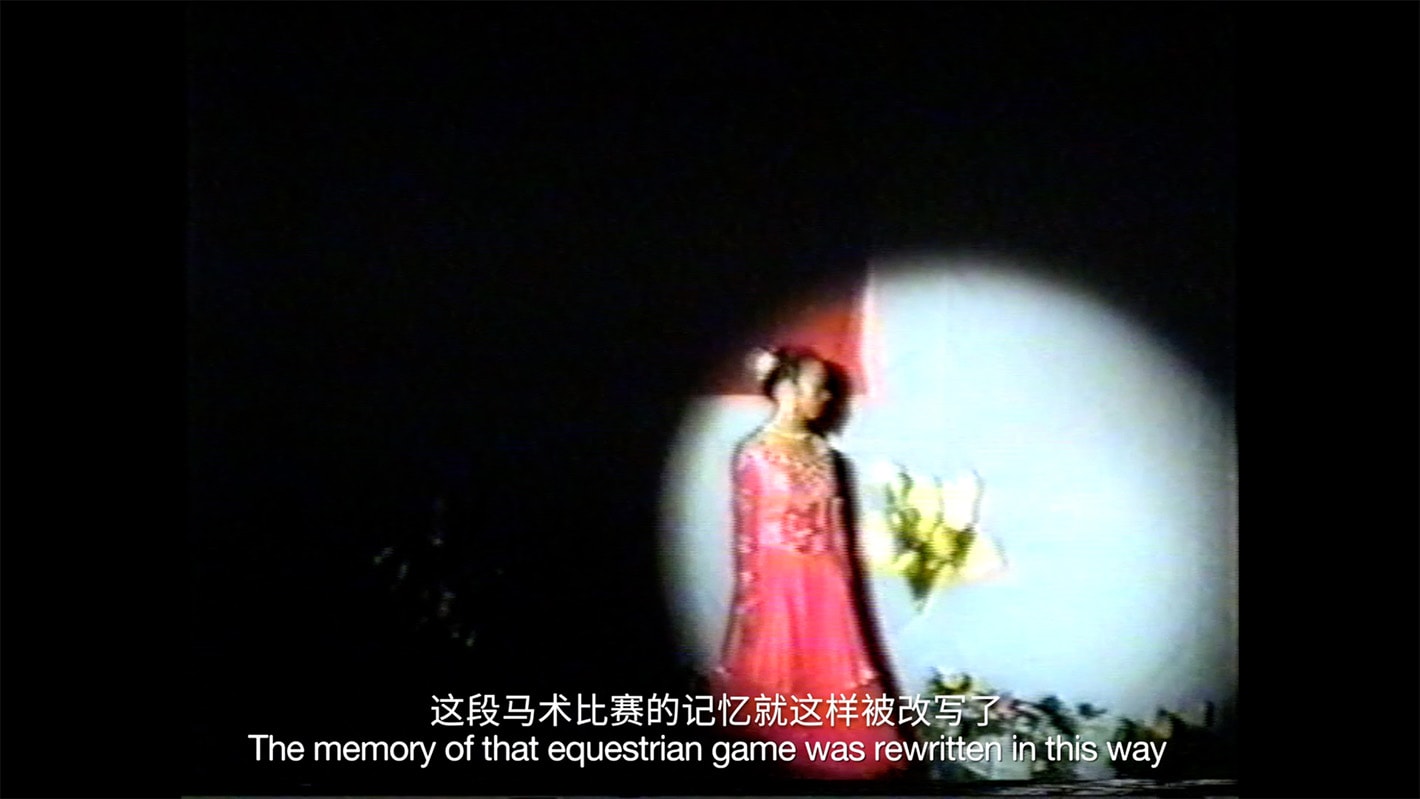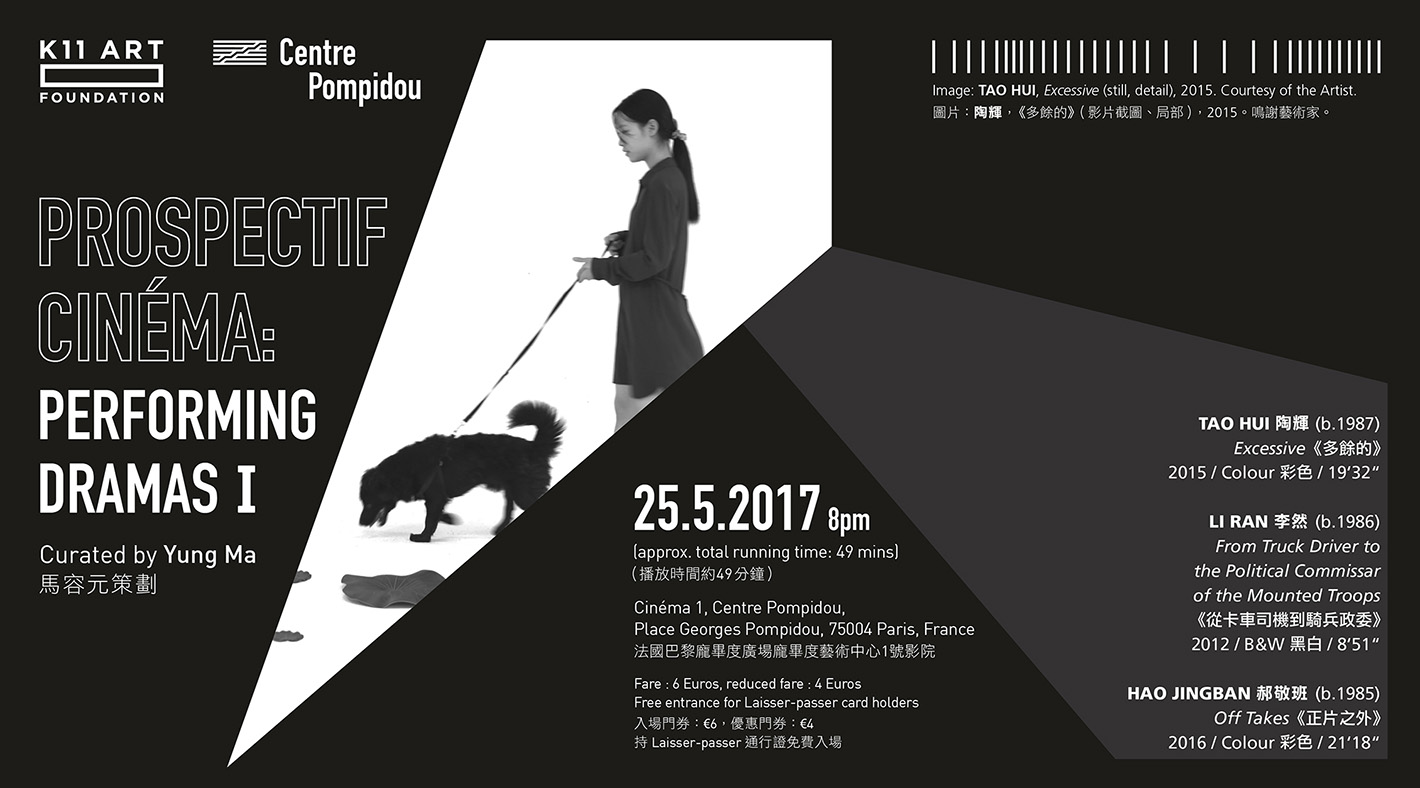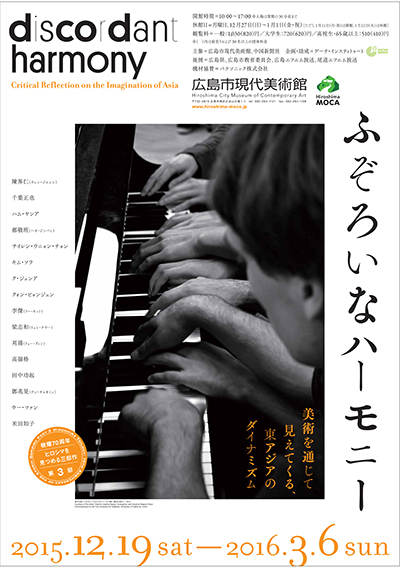Hao Jingban works with film and video to investigate the historical distance between the present viewer and a certain era in the past. In her research-based practice, Hao conducts historical investigation, archival research, field study, personal interviews, and live performances. Her works are presented as observational documentaries, entangling individual stories with collective histories. From the ballroom dancing in Beijing before and after the Cultural Revolution, to the films of North-eastern China from the 1930s, Hao weaves together complex historical narratives, social movements, and cultural commentary against the ambivalence and silence of the bygone era. In recent works, Hao scrutinises and reflects on contemporary socio-political conditions, particularly the psychological impacts of the COVID-19 pandemic, the war in Ukraine, and the Black Lives Matter Movement. Hao is winner of the Han Nefkens Foundation, Mori Art Museum, M+ Hong Kong and Singapore Art Museum—Moving Image Commission 2023.
Hao’s solo exhibitions include “Hao Jingban: Opus One” (Matadero Madrid, Madrid, 2020), “Silent Speech” (OCAT Xi’an, Xi’an, 2019), “Uninvited Guests” (Blindspot Gallery, Hong Kong, 2018), “New Directions: Hao Jingban” (UCCA, Beijing, 2016), and “Over-Romanticism” (Taikang Space, Beijing, 2016). Her works have been exhibited in institutions and biennales, including West Bund Museum (Shanghai, 2023), Arts West Gallery (Melbourne, 2023), 10th Asia Pacific Triennial of Contemporary Art (2021), 11th Seoul Mediacity Biennale (2021), Times Art Center Berlin (Berlin, 2020), Power Station of Art (Shanghai, 2019), Rockbund Art Museum (Shanghai, 2019), Guangdong Times Museum (Guangzhou, 2018 & 2019), Centre Pompidou (Paris, 2017 & 2019), Museum of Fine Arts (Boston, 2018), “FRONT International: Cleveland Triennial for Contemporary Art” (Cleveland, 2018), 11th Shanghai Biennale (Shanghai, 2016), Kuandu Museum of Fine Art (Taipei, 2016), and Museum of Contemporary Art (Hiroshima, 2015). Hao formed 楔Xiē together with Shen Xin, Yunyu “Ayo” Shih and Qu Chang. They had their exhibition: “楔 XIĒ: 連接,嵌入,反射,承托 TO BIND, EMBED, SHIMMER, AND BRACE” at daadgalerie in Berlin in 2022.
Prizes and awards include SeMA-HANA Media Art Award (2021), the Han Nefkens Foundation – ArcoMadrid Video Art Award (2019), the International Critics’ Prize at the 63rd Internationale Kurzfilmtage Oberhausen (2017), the Young Artist of the Year award at the 11th Award of Art China (2017), and the Huayu Youth Award Grand Jury Prize (2016). Hao’s works are in the collection of the M+ (Hong Kong), Centre Pompidou (Paris, France), Frac Bretagne (Rennes, France), and the Power Station of Art (Shanghai, China). In 2020, the artist was based in Berlin for the DAAD Artists-in-Berlin residency programme.


